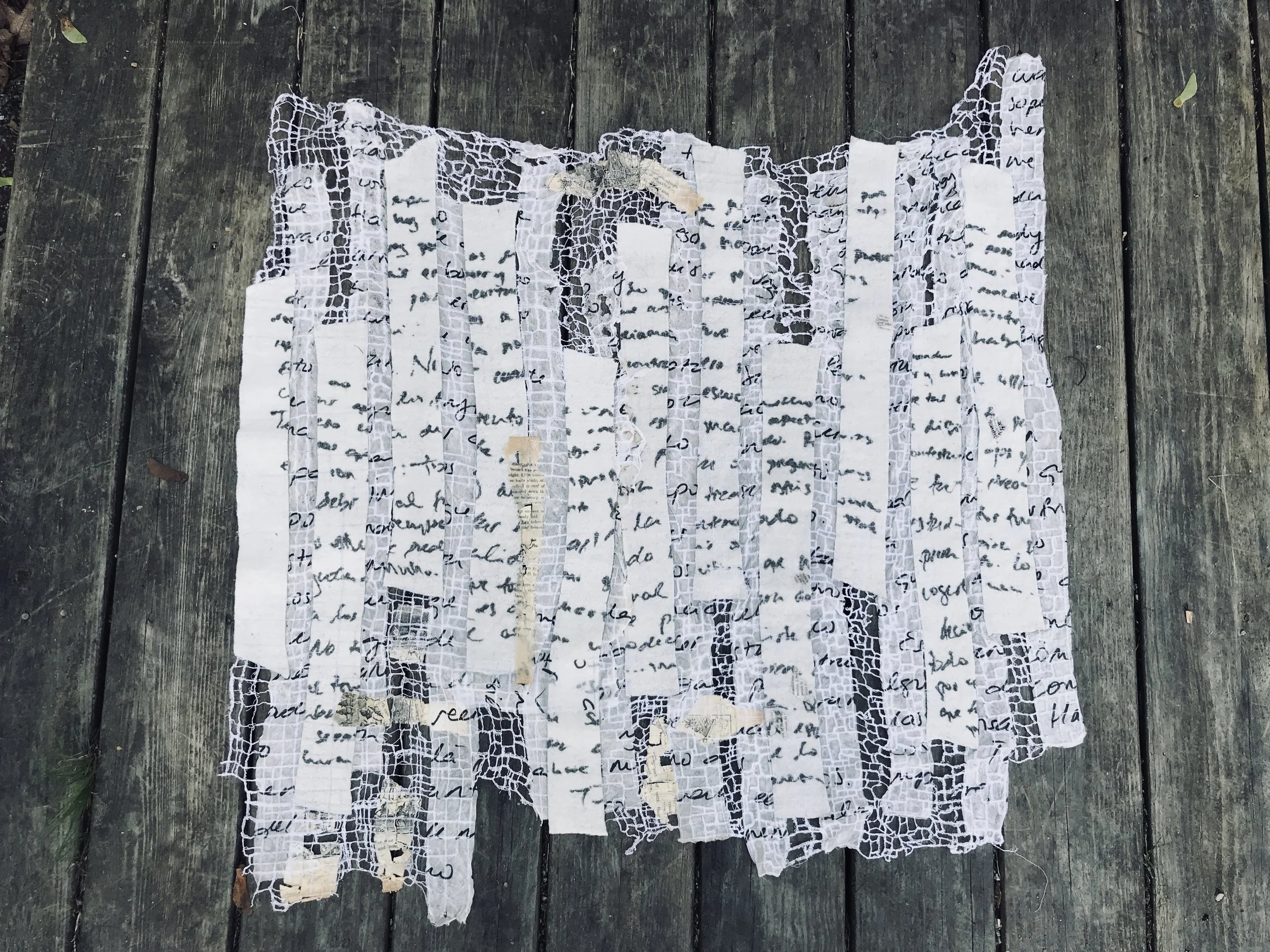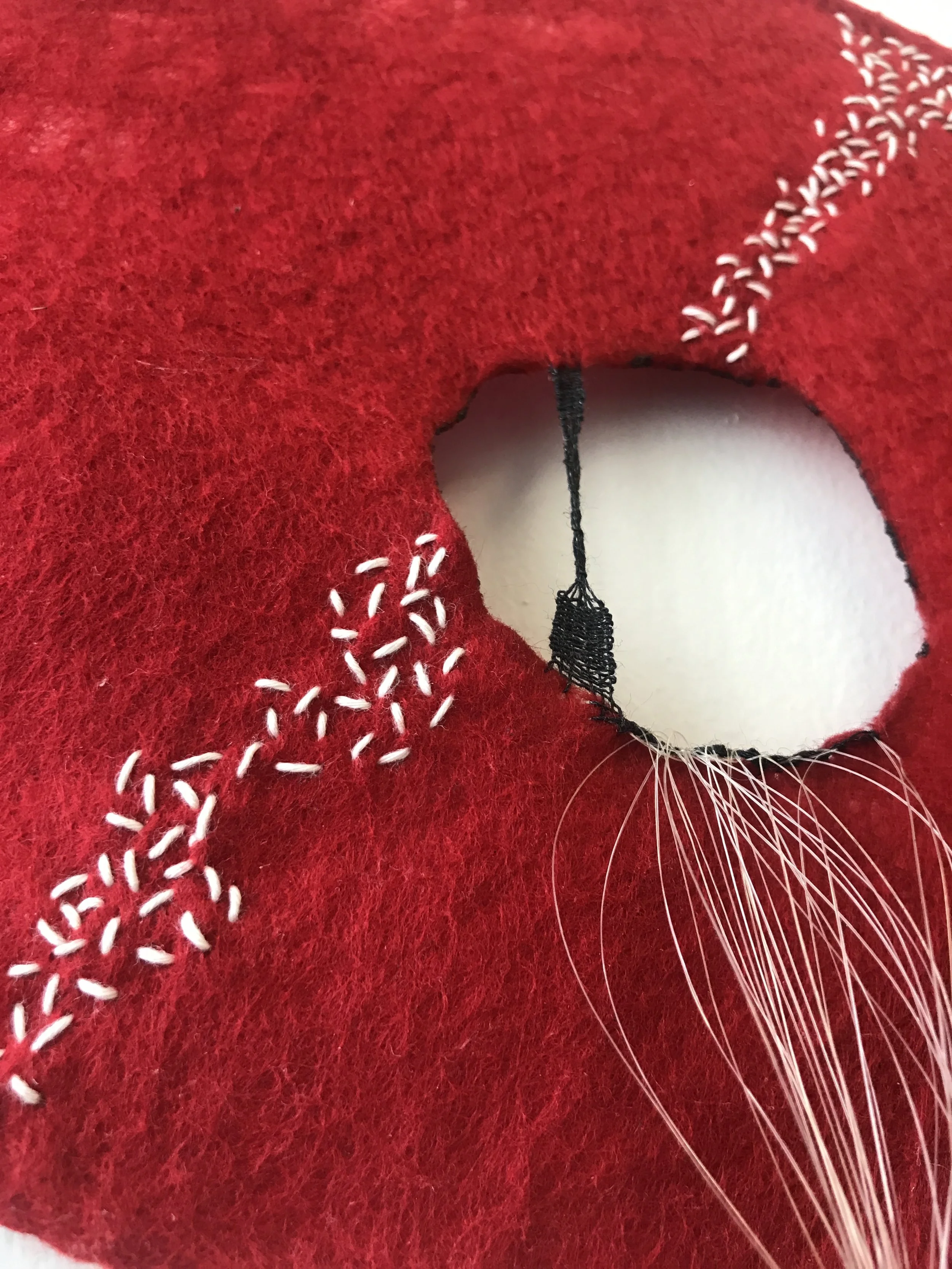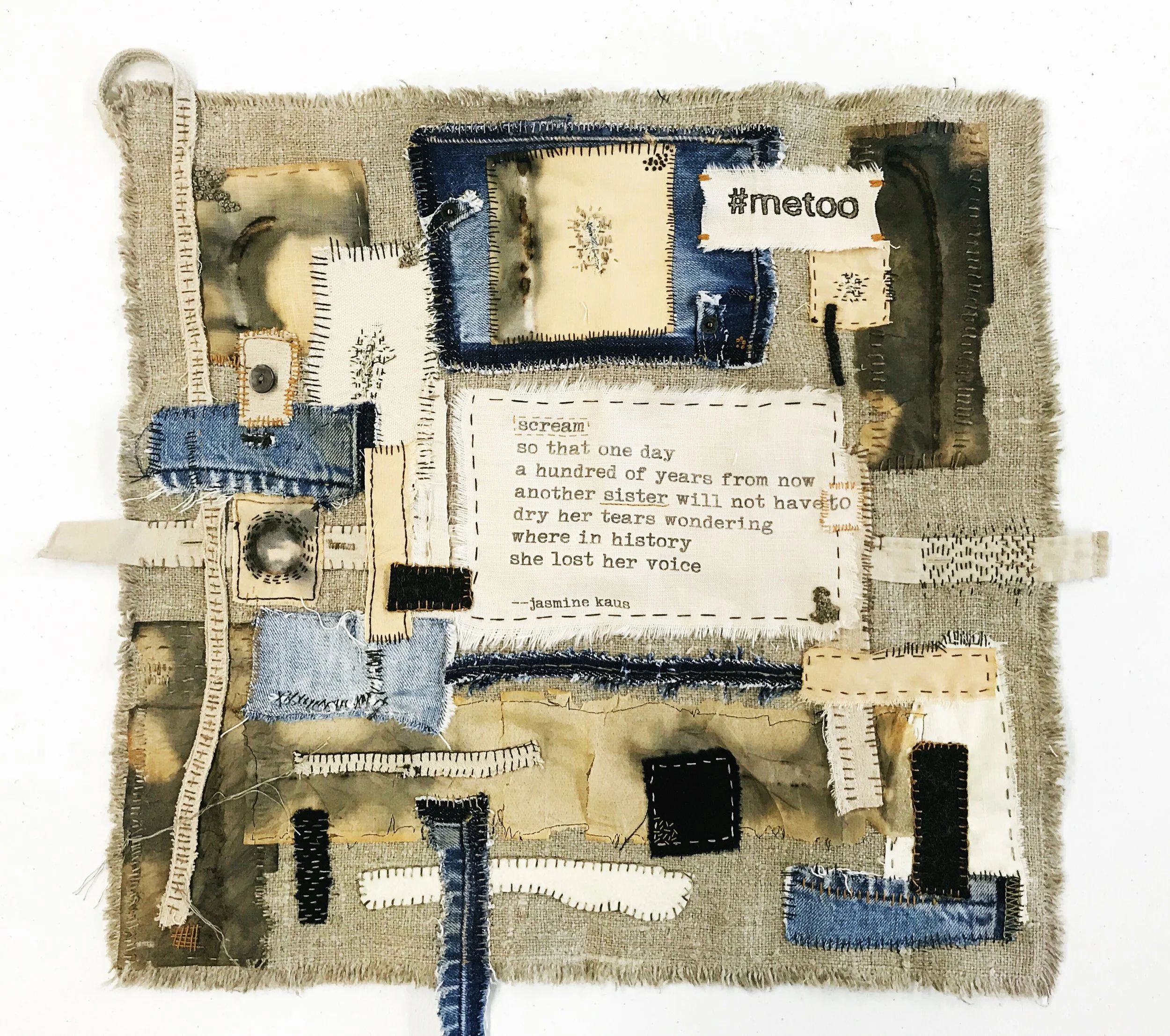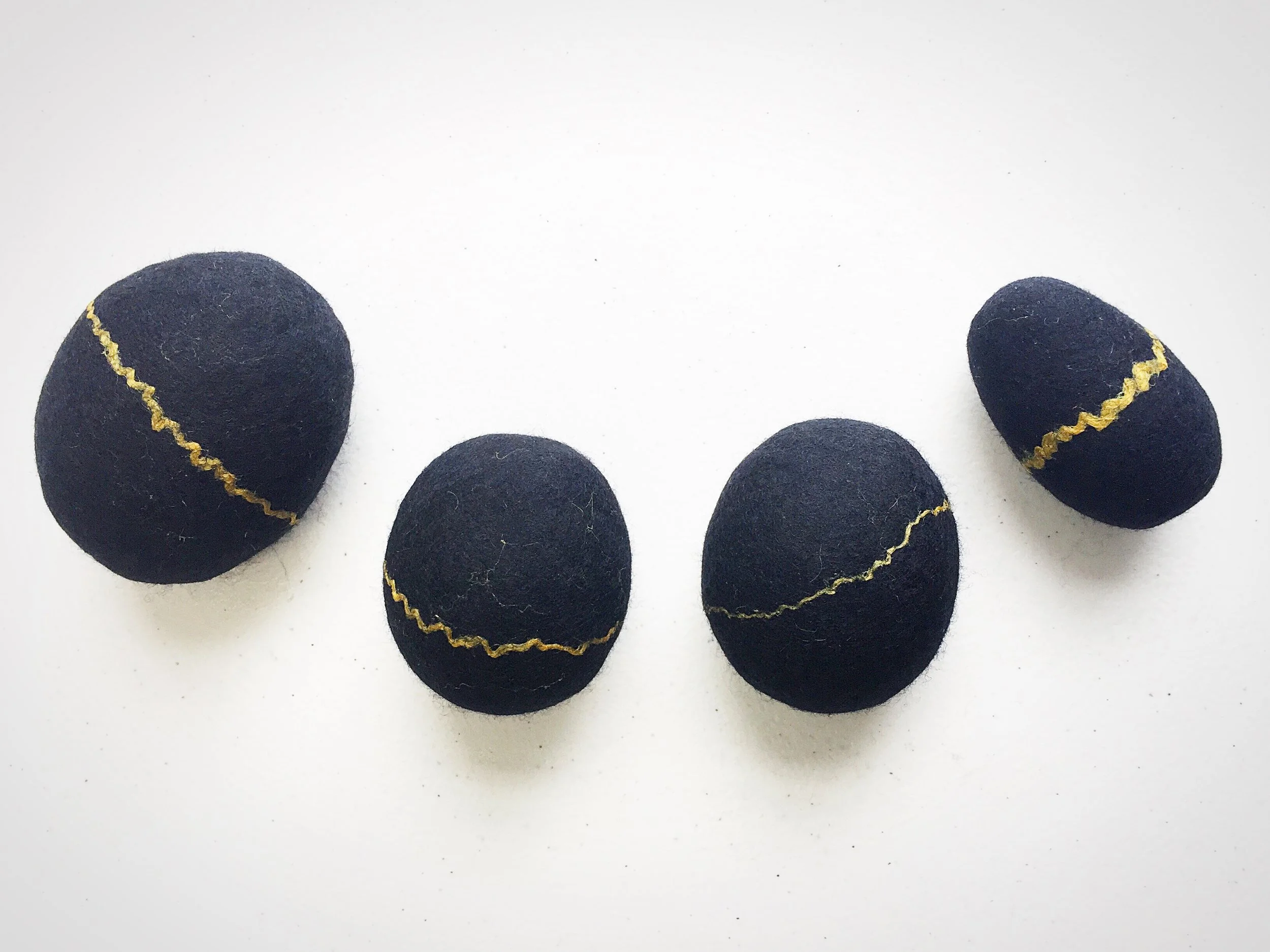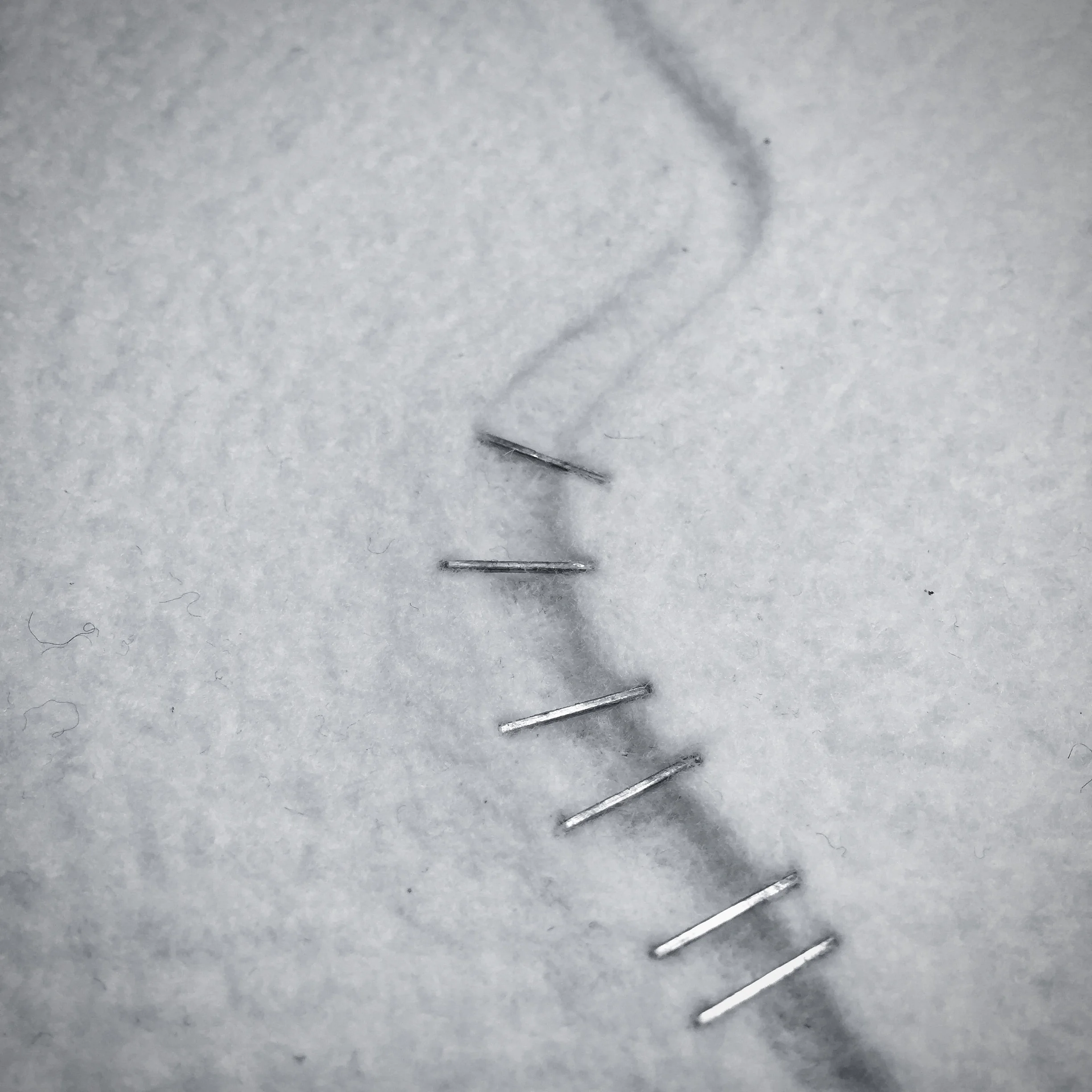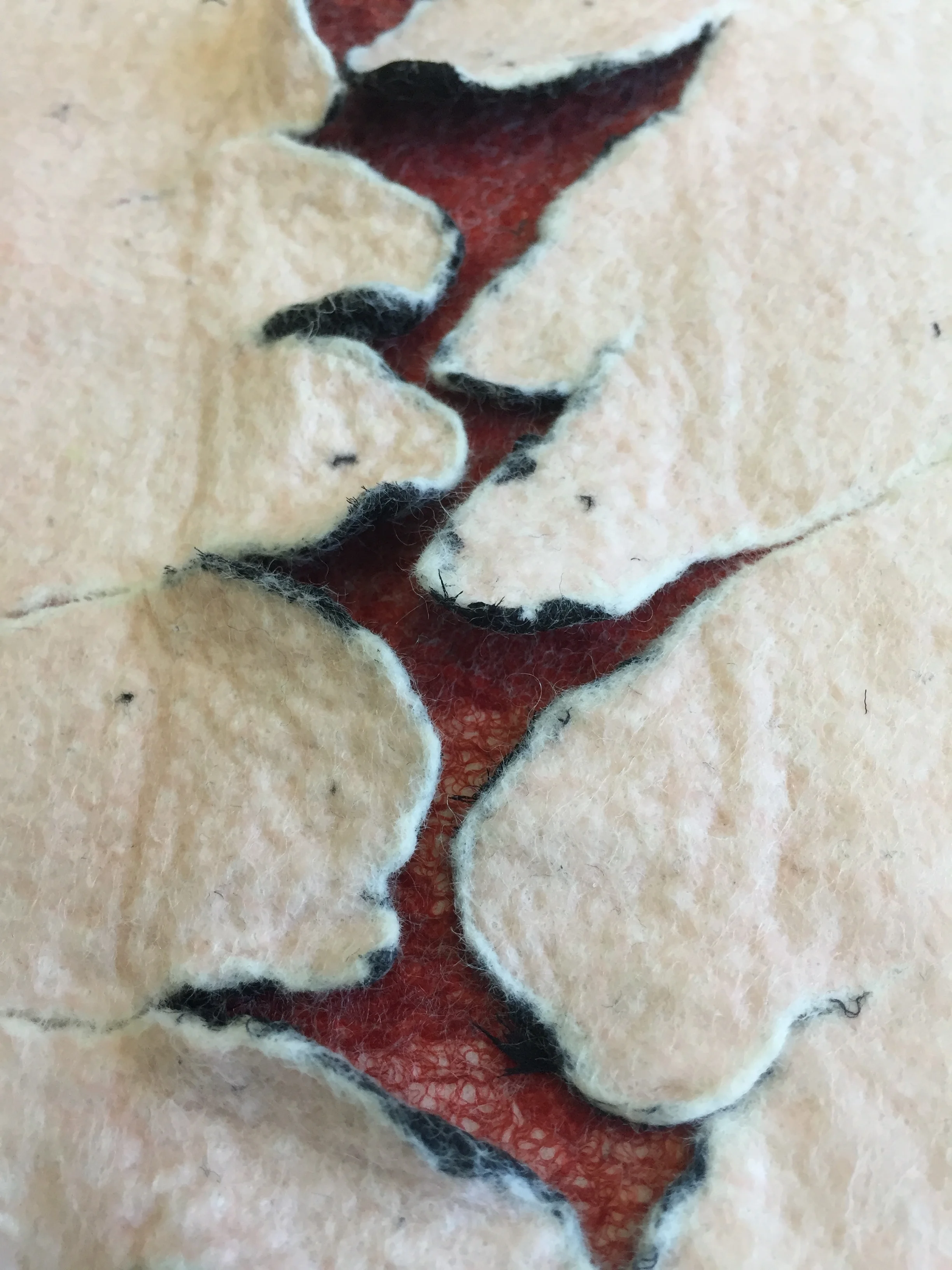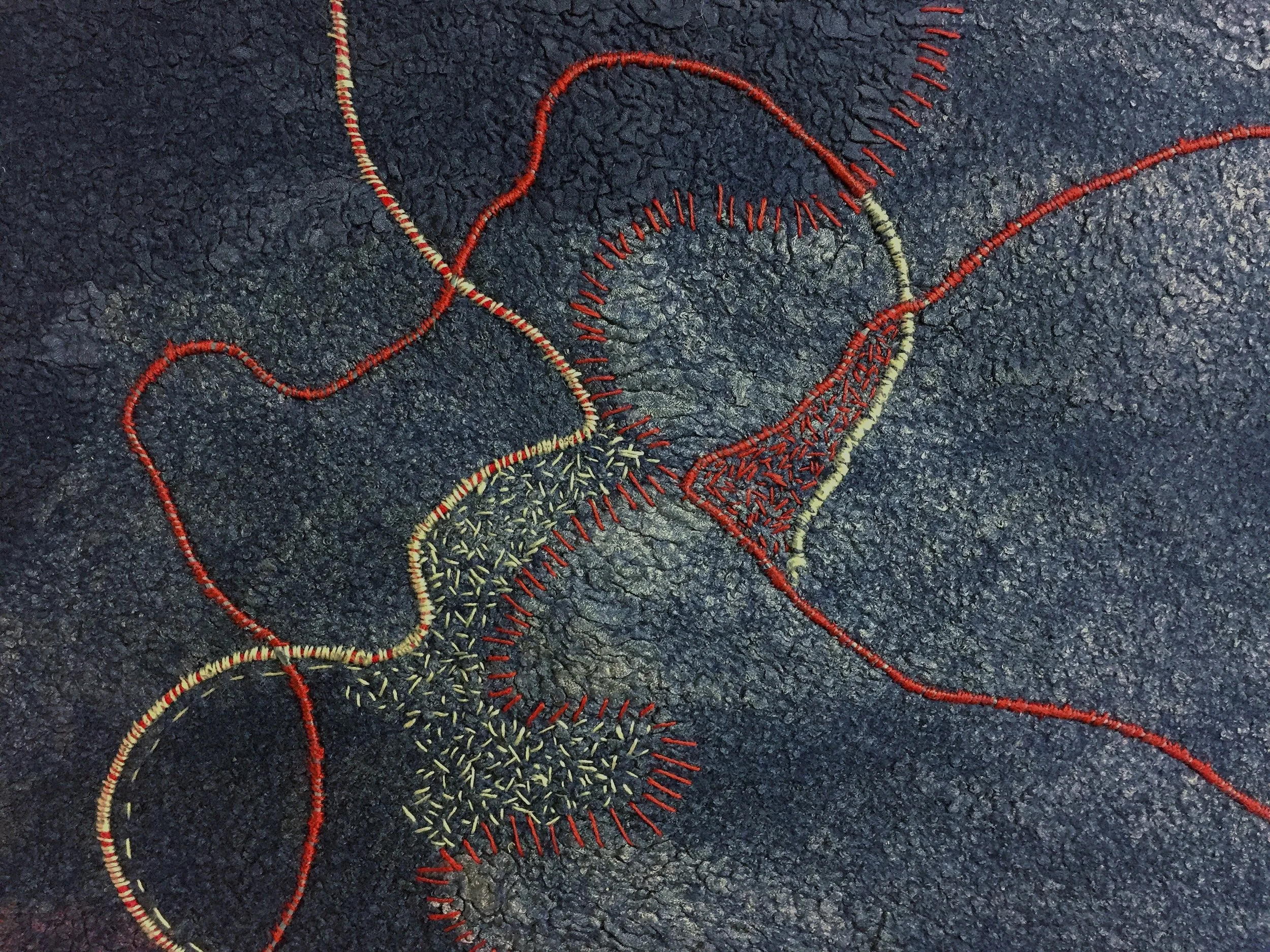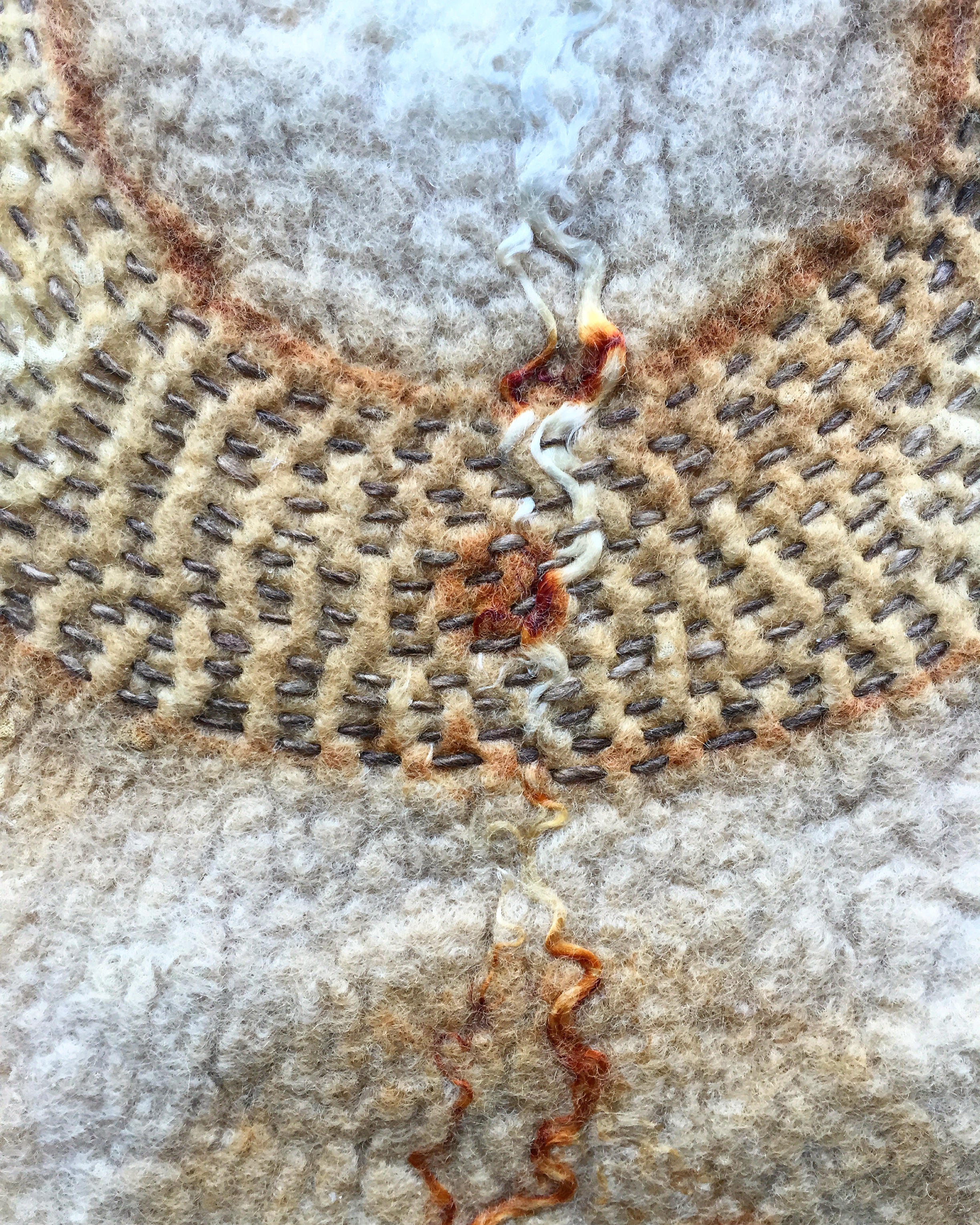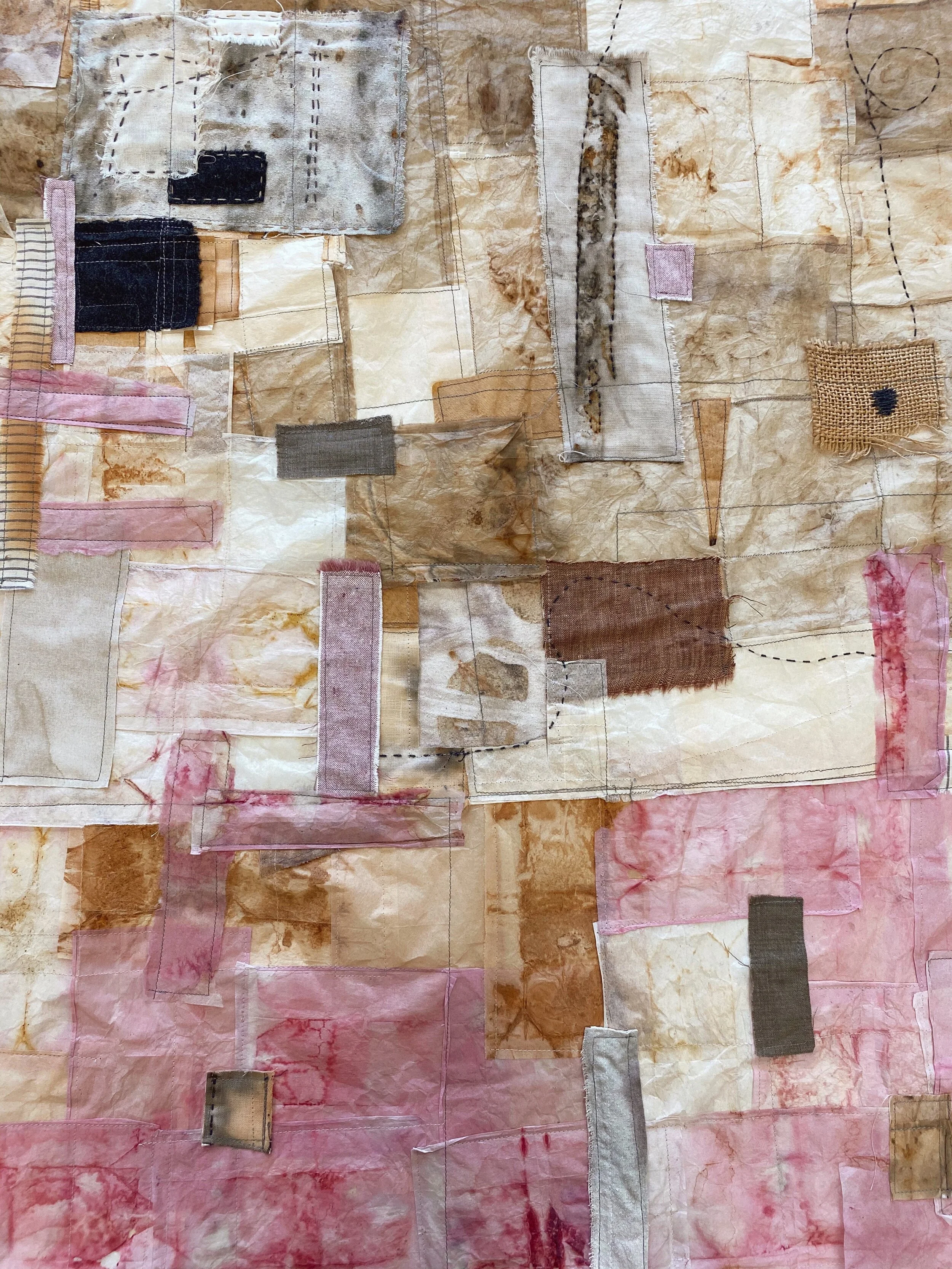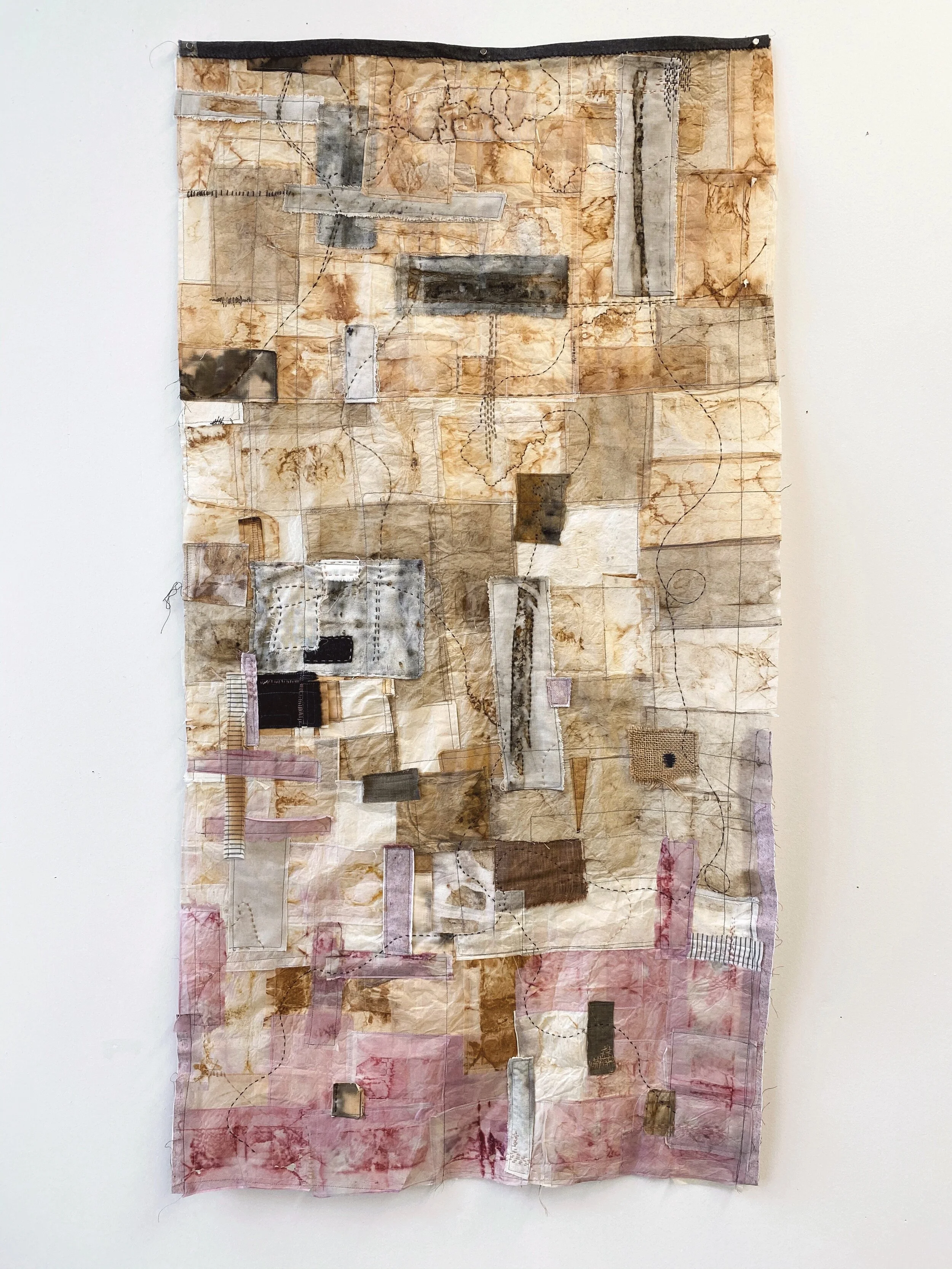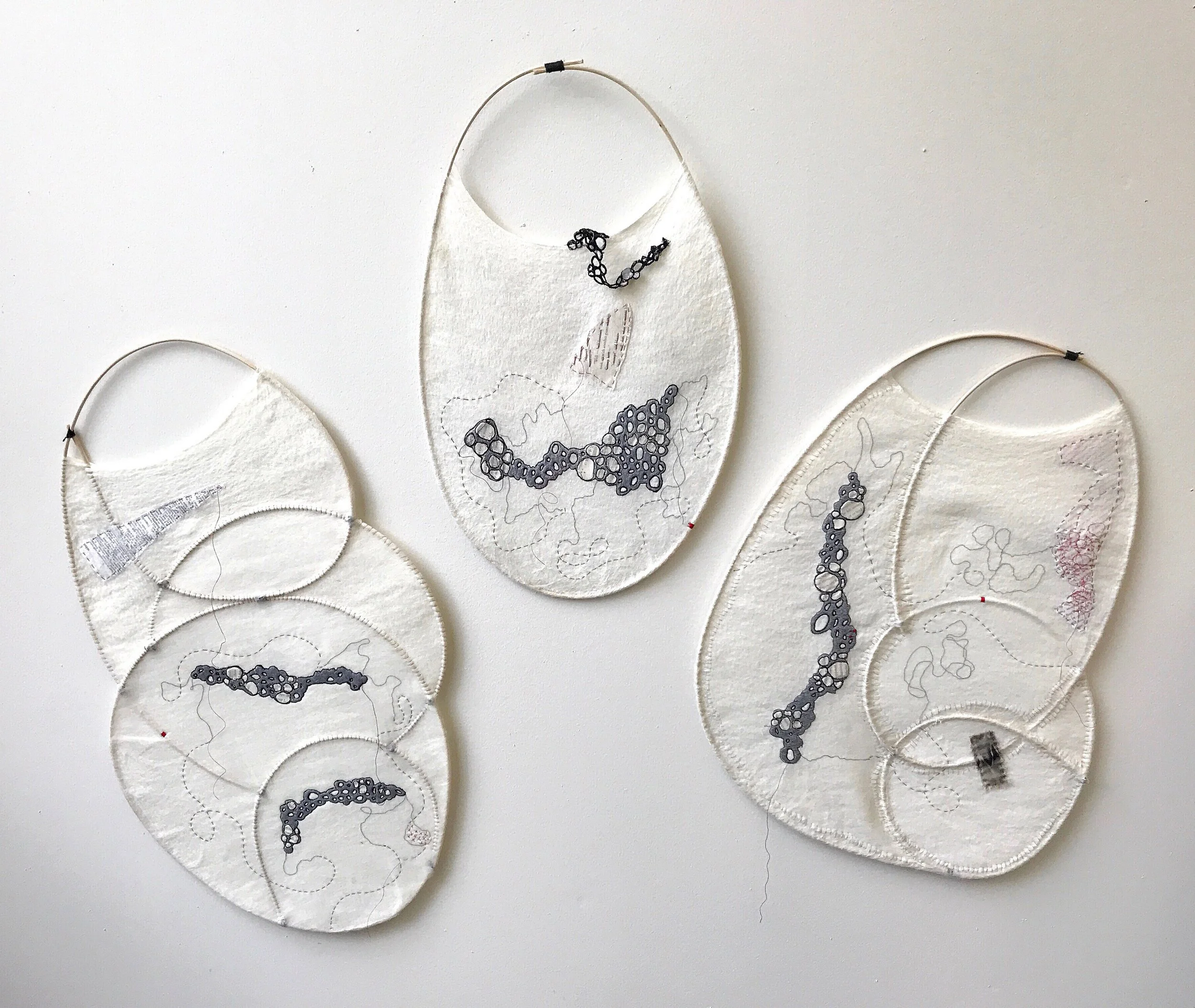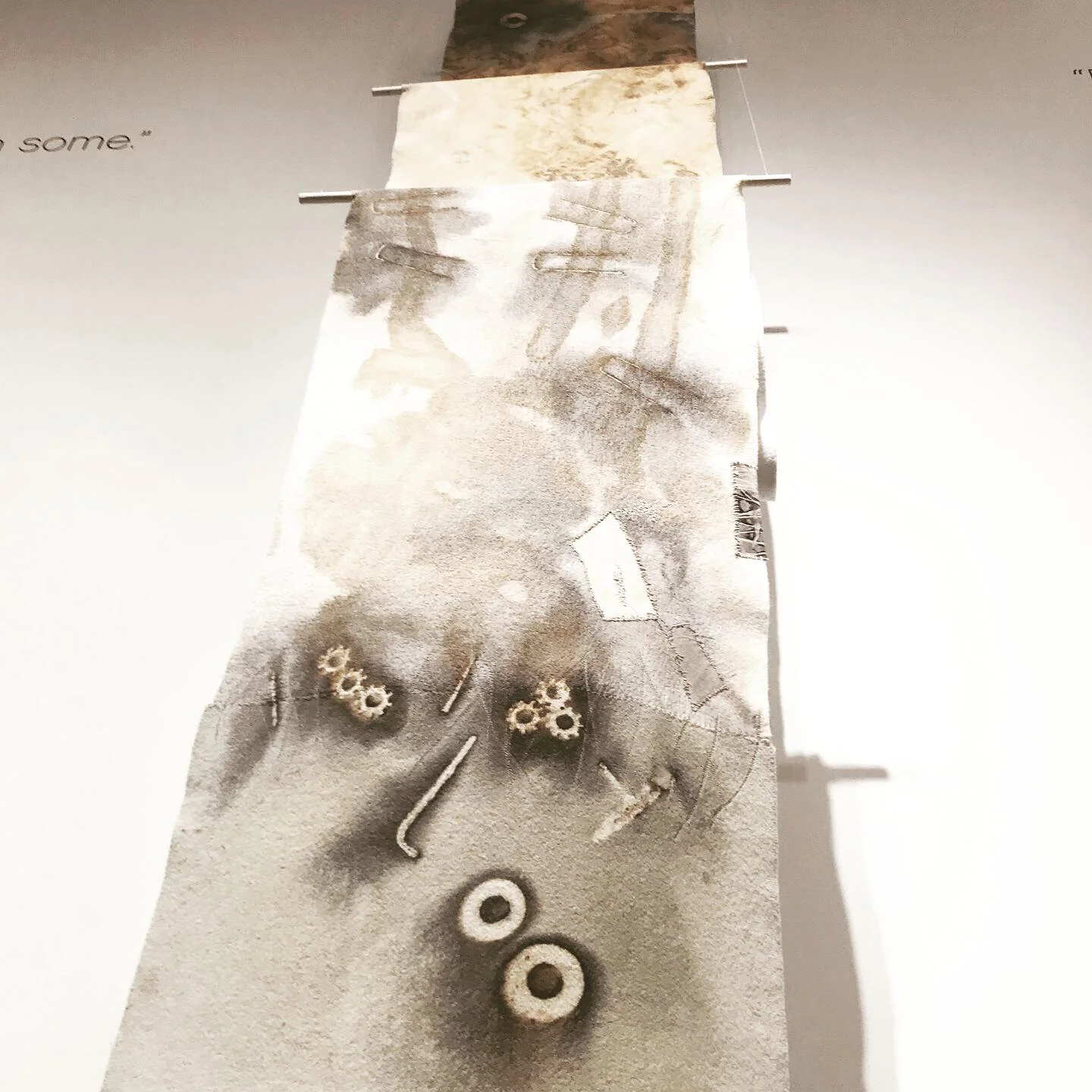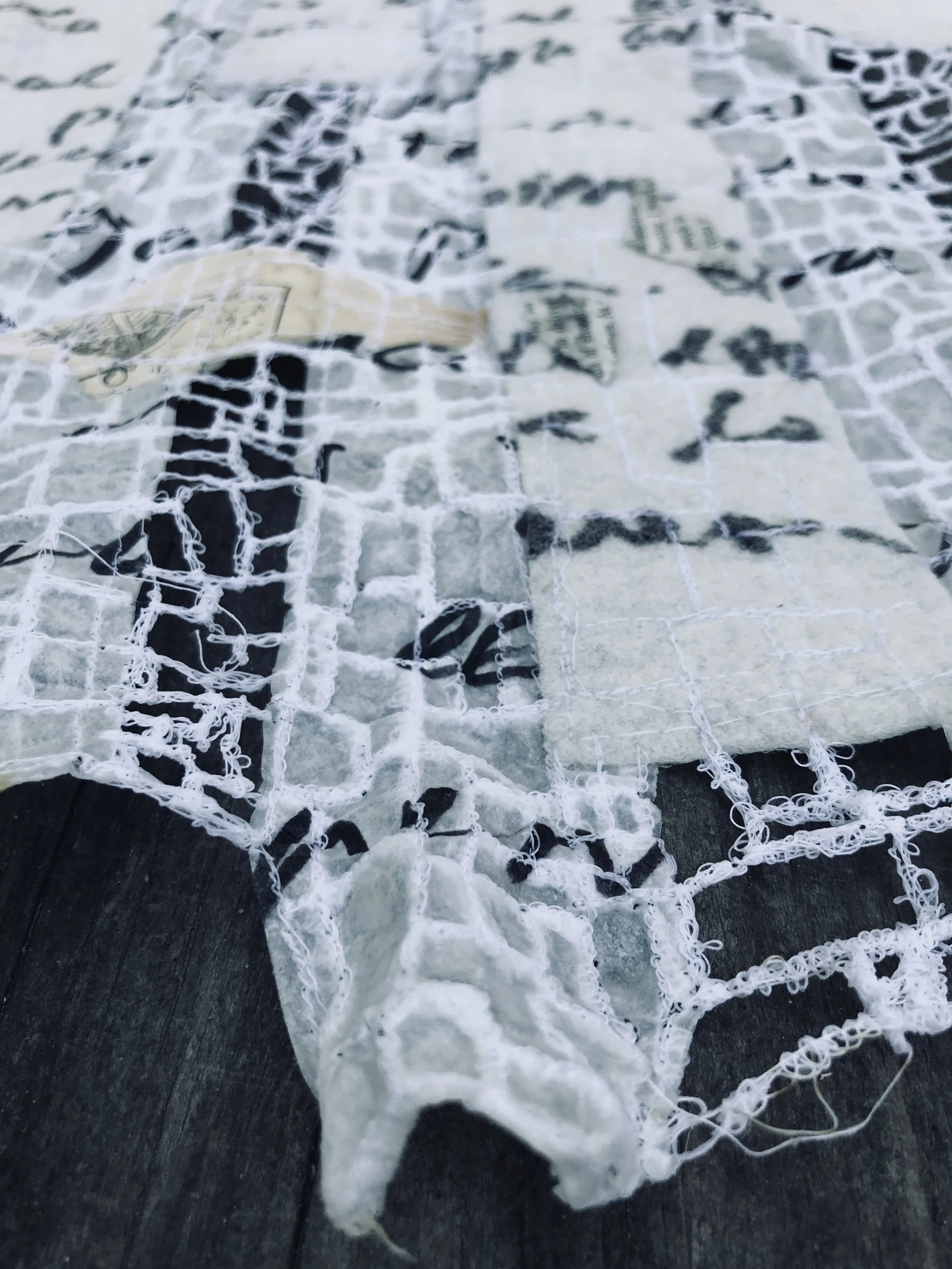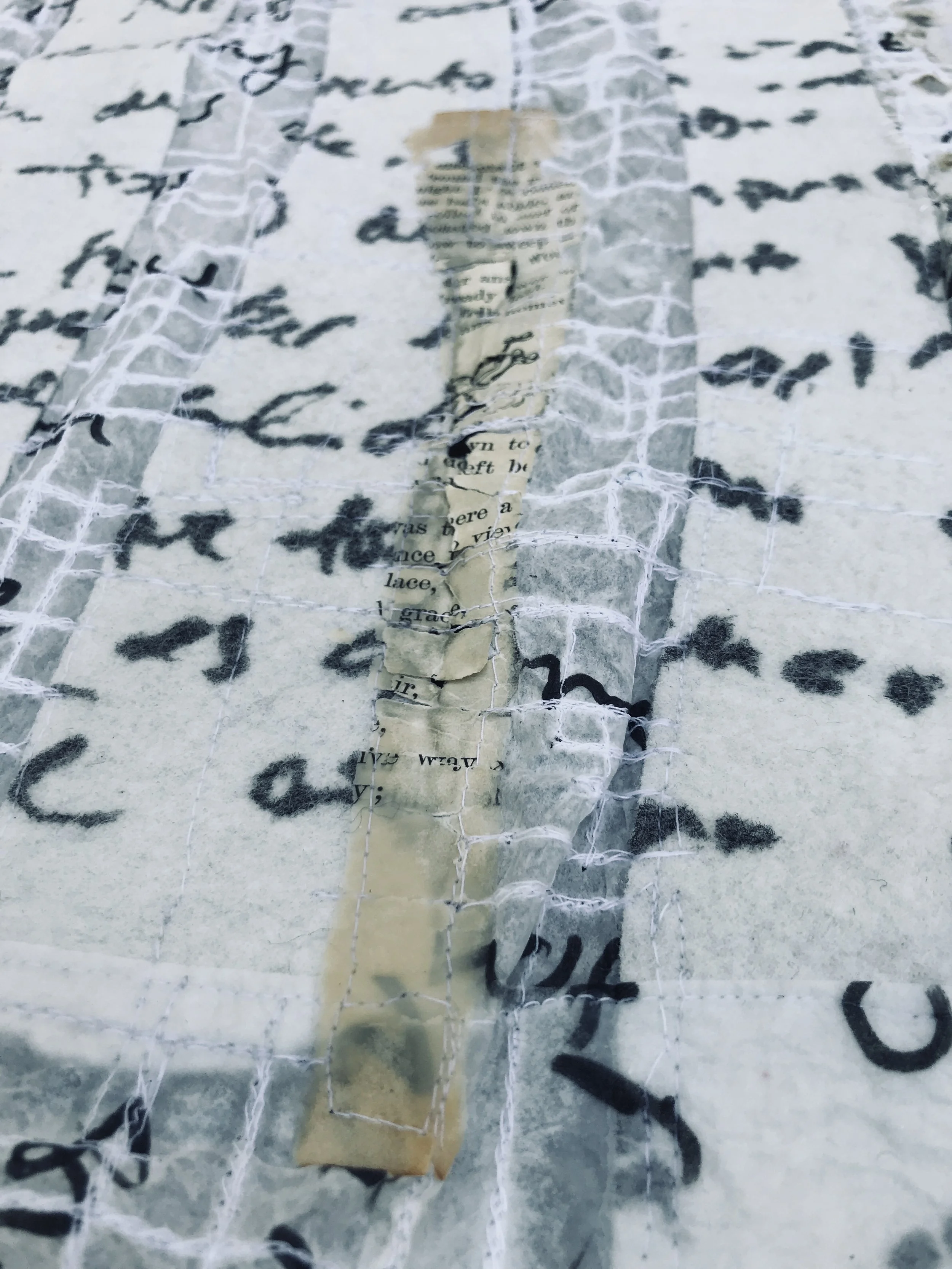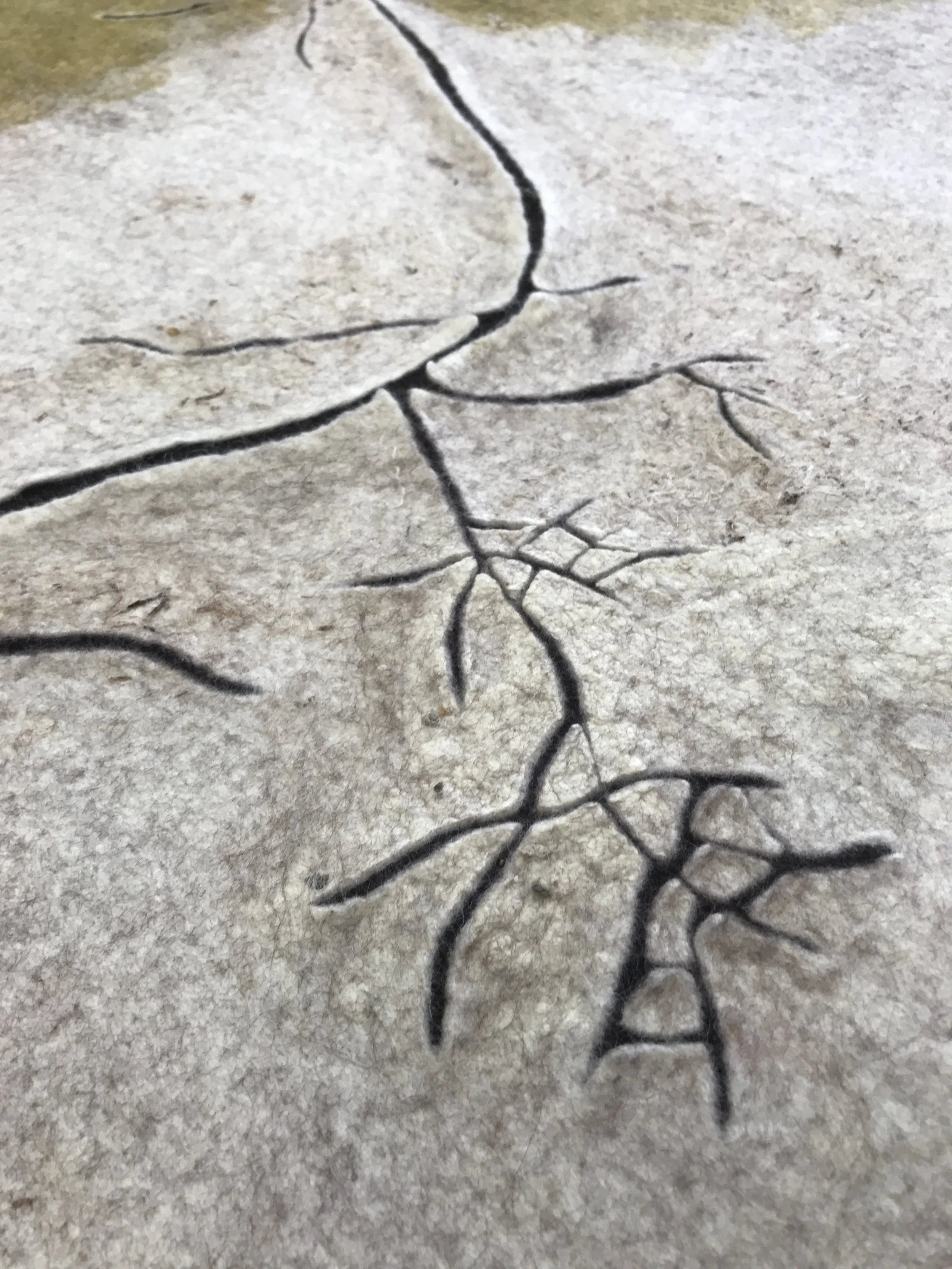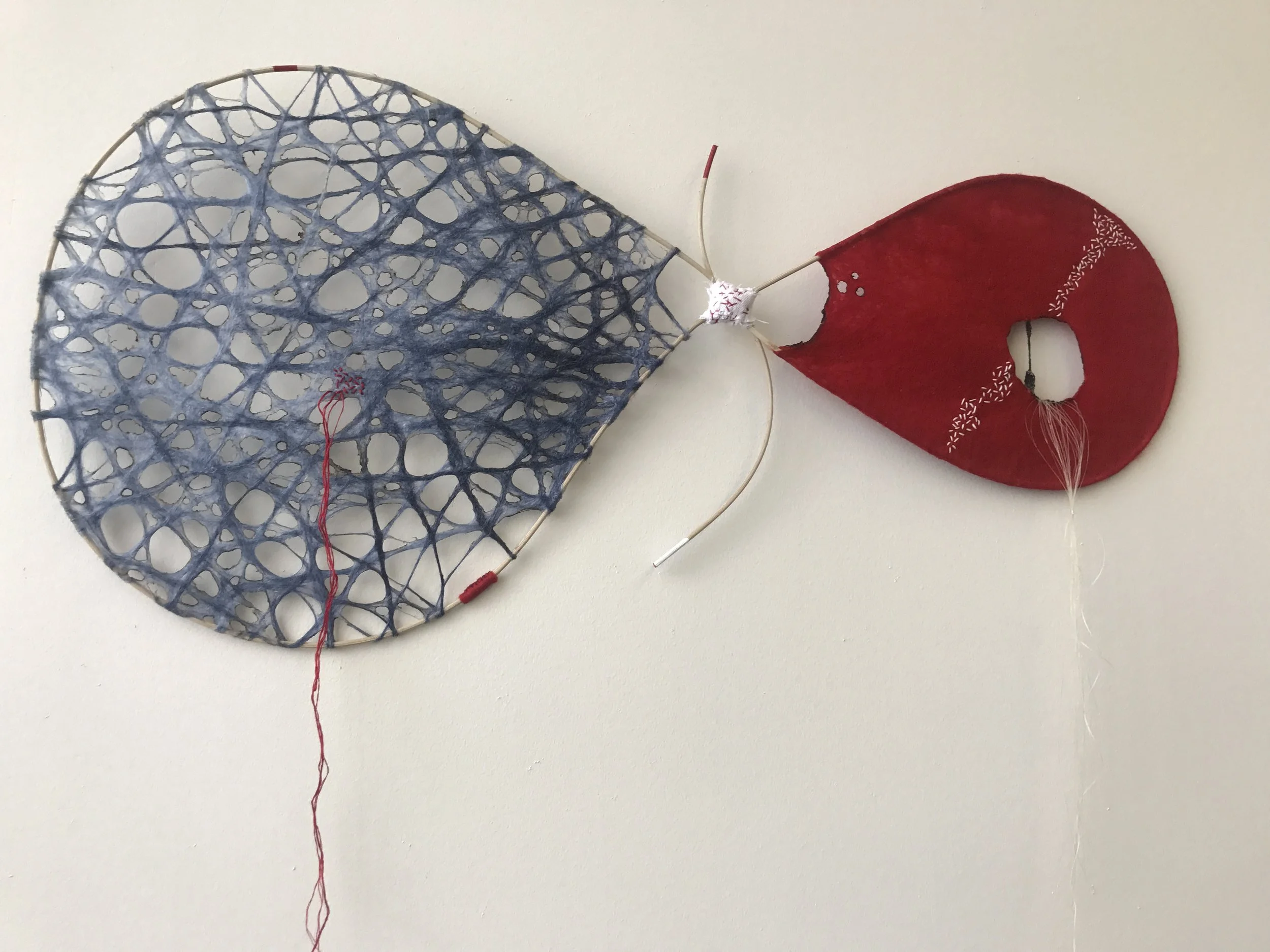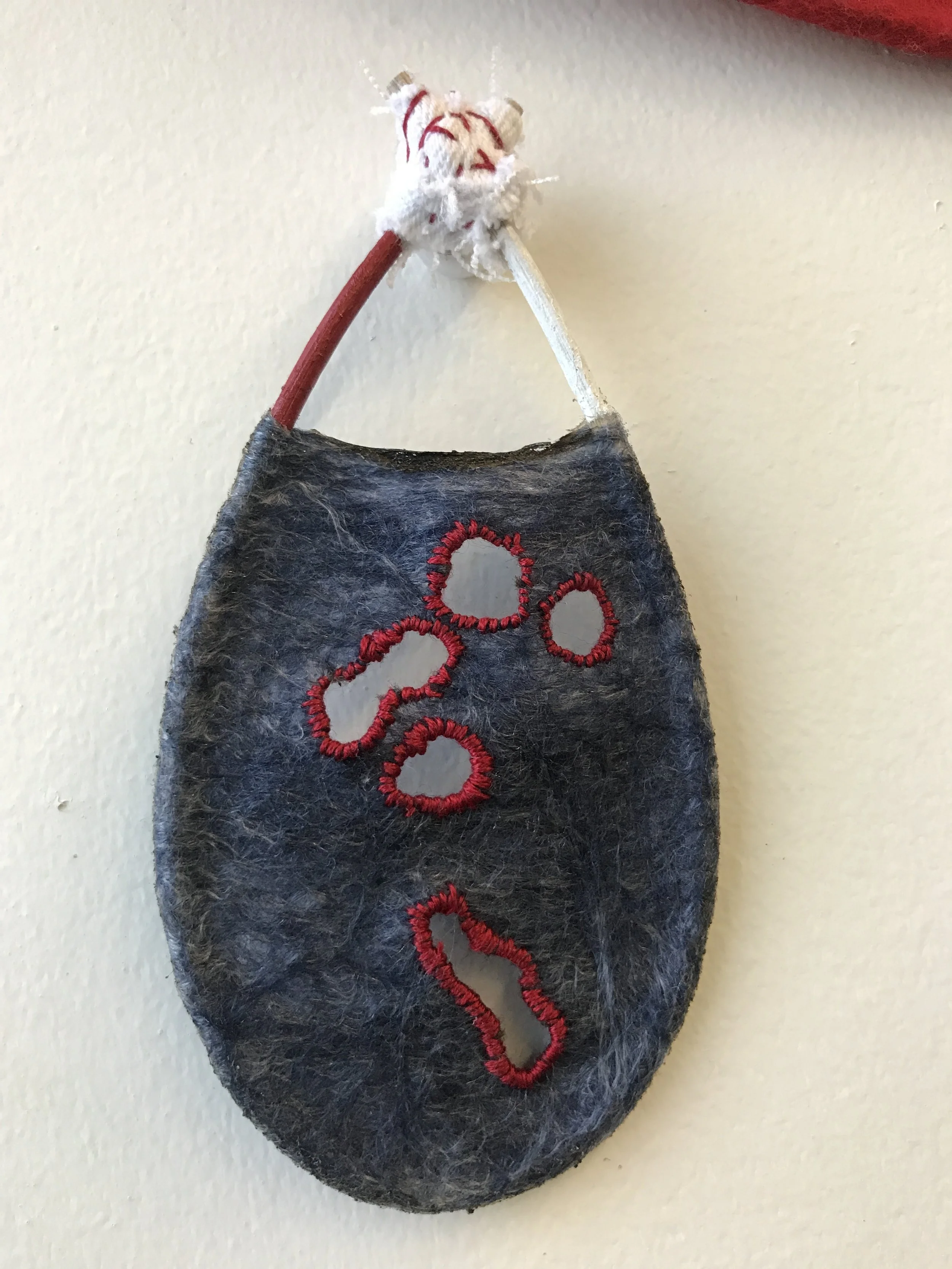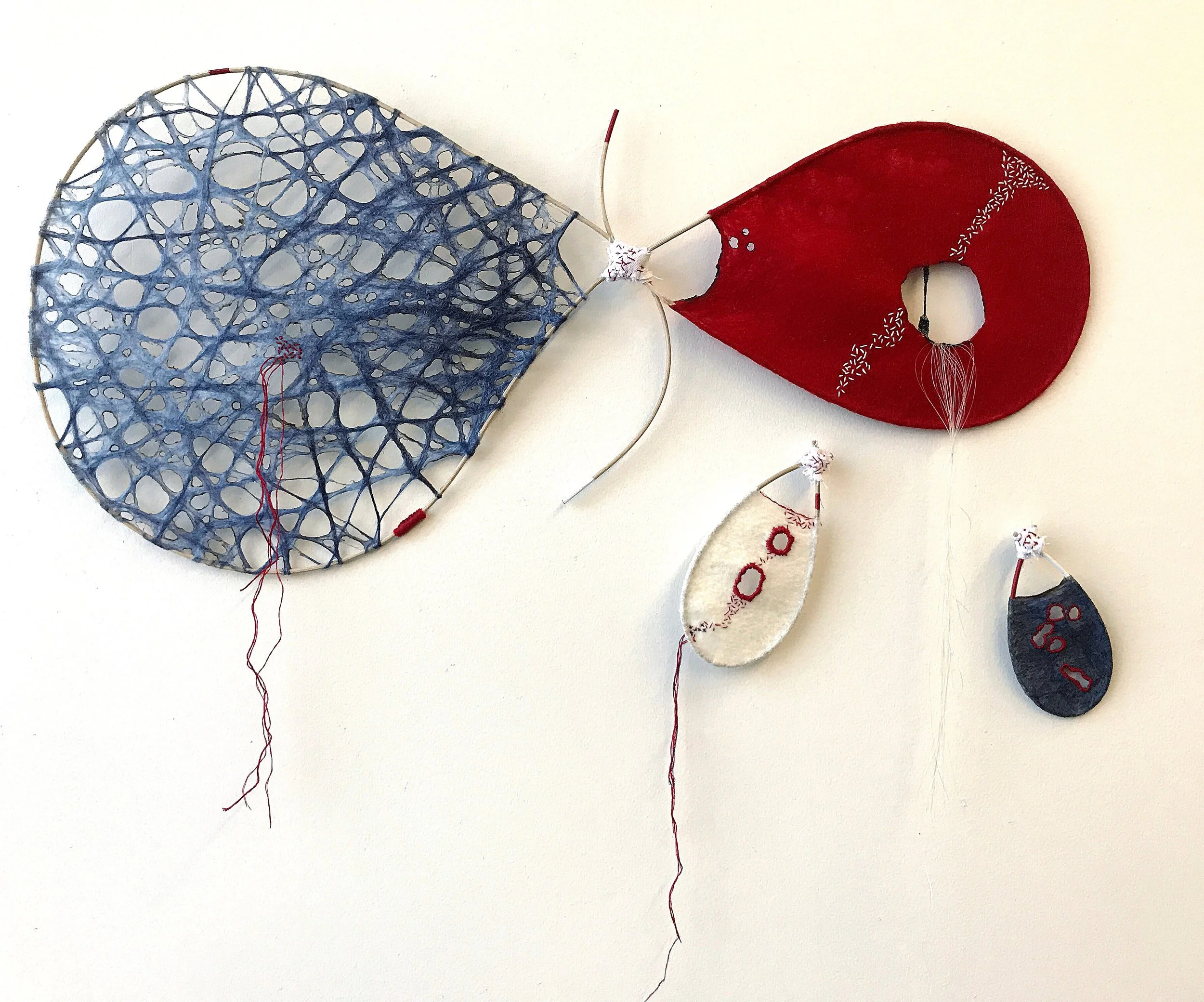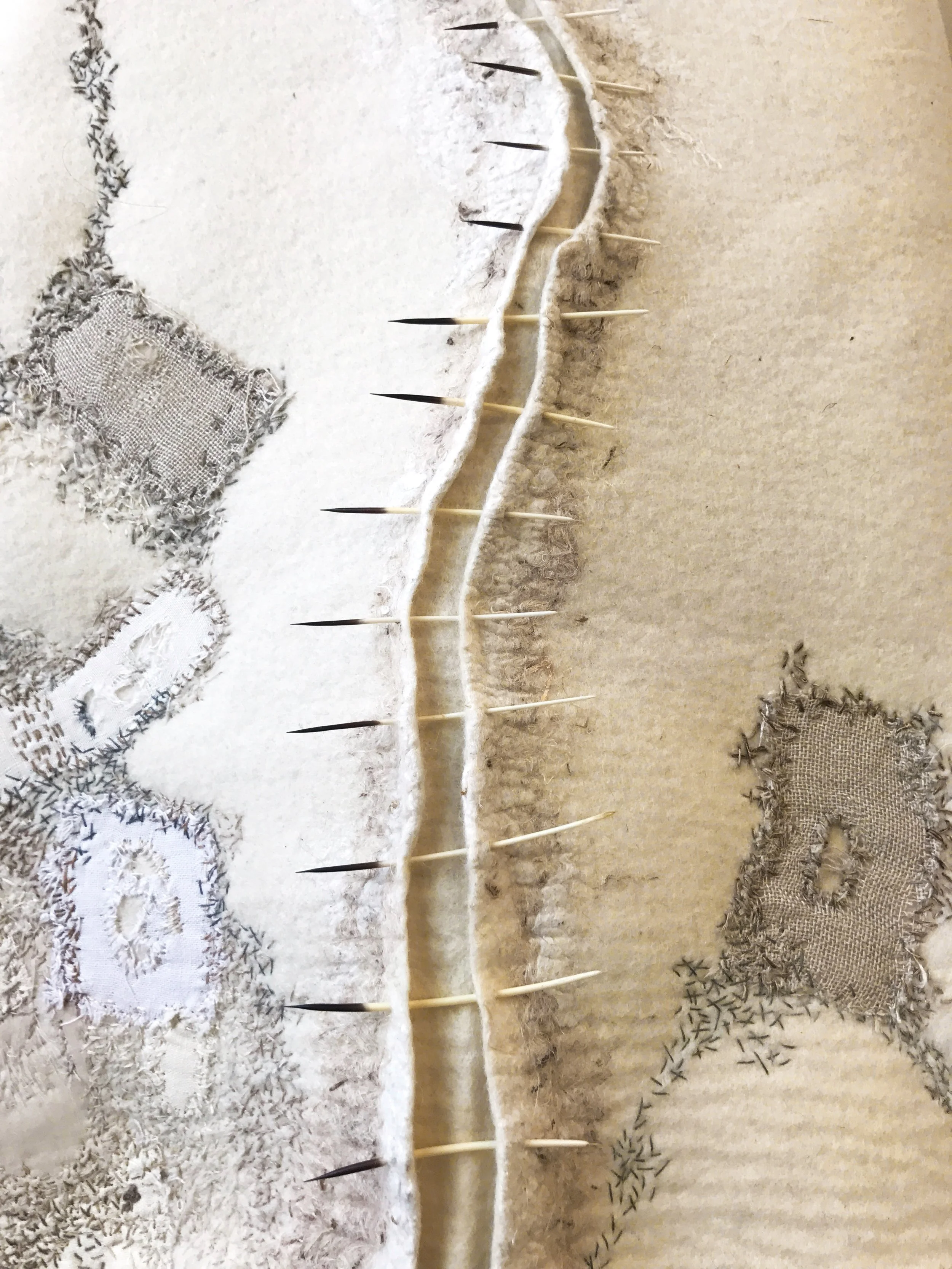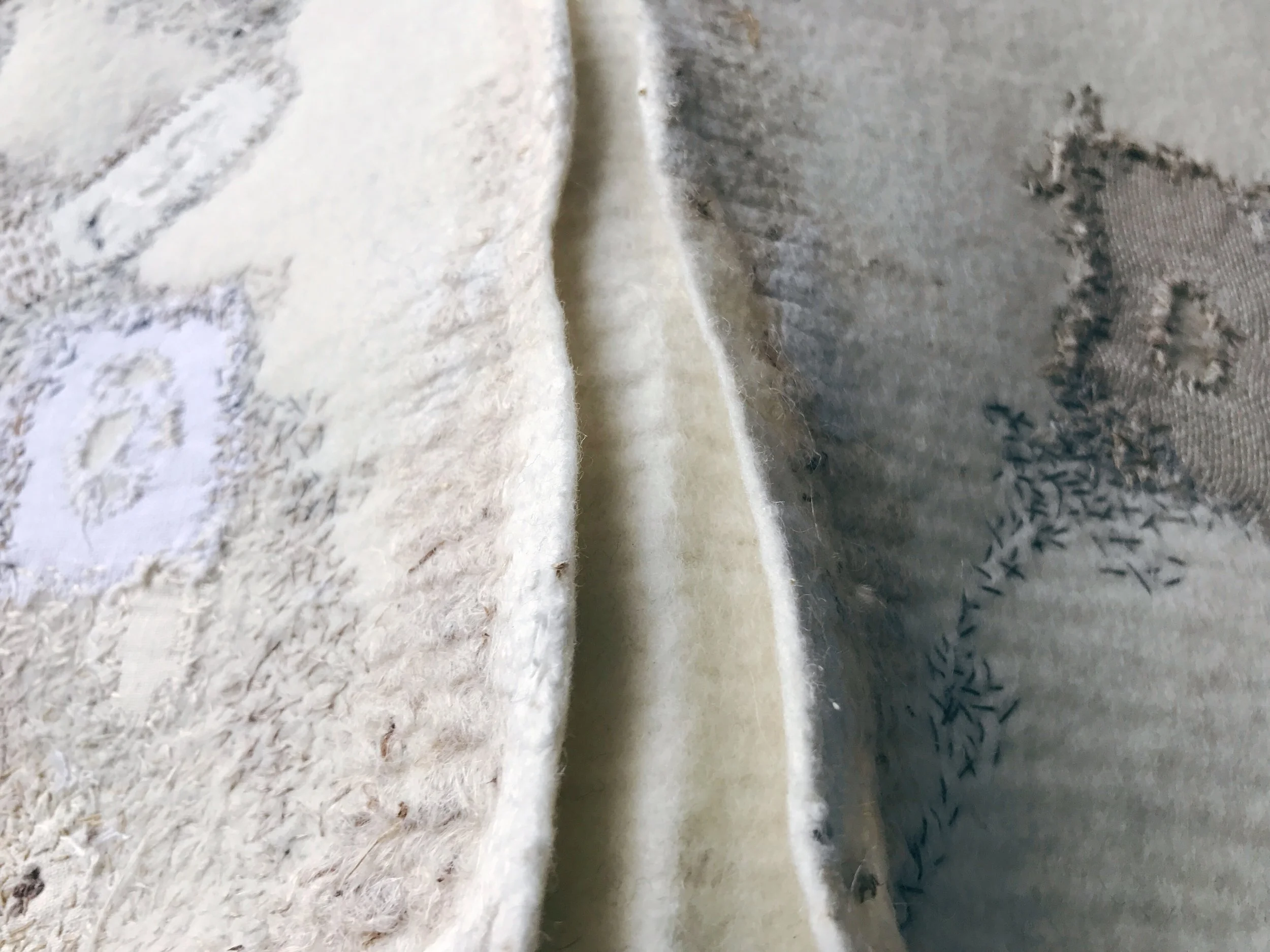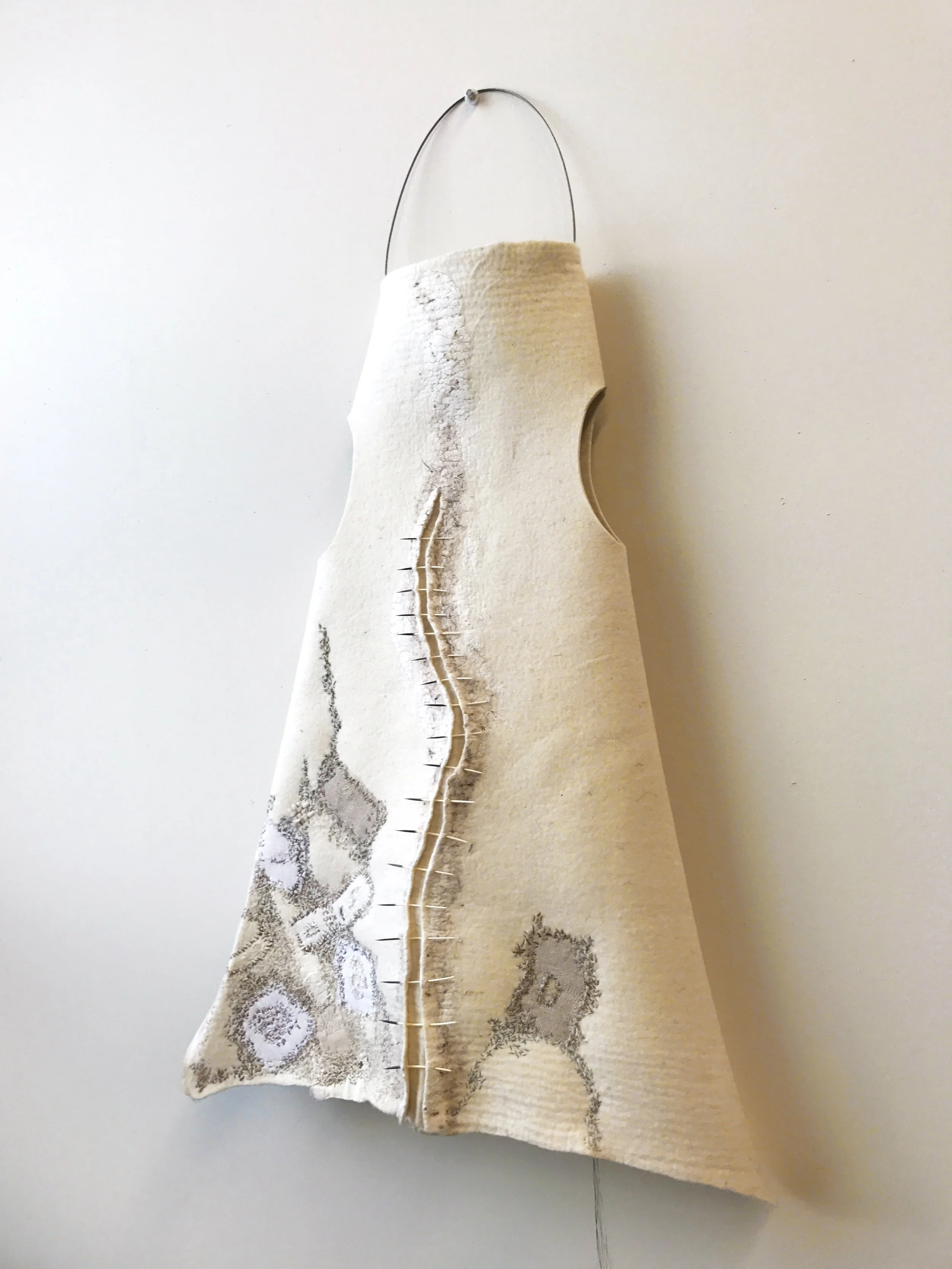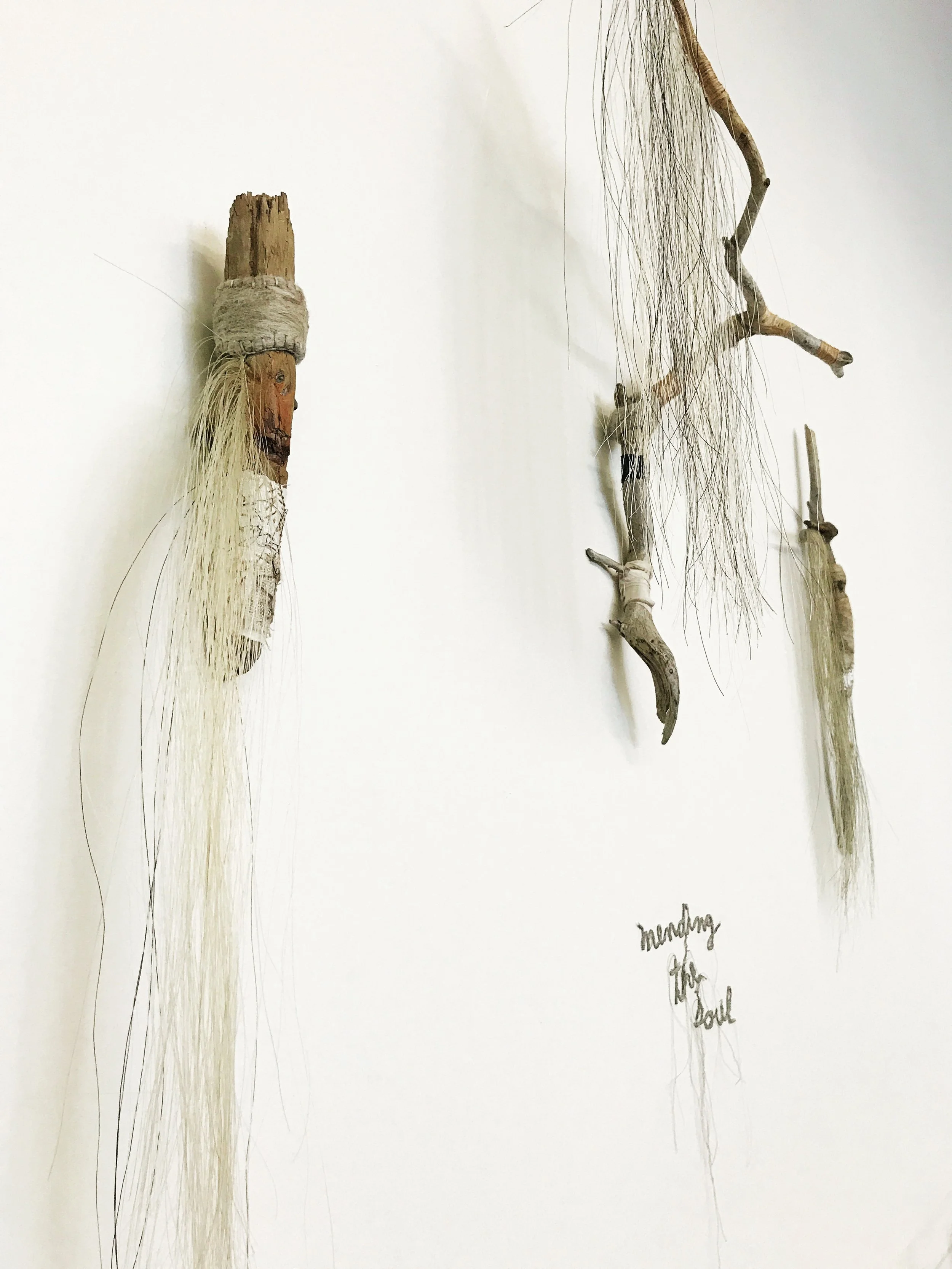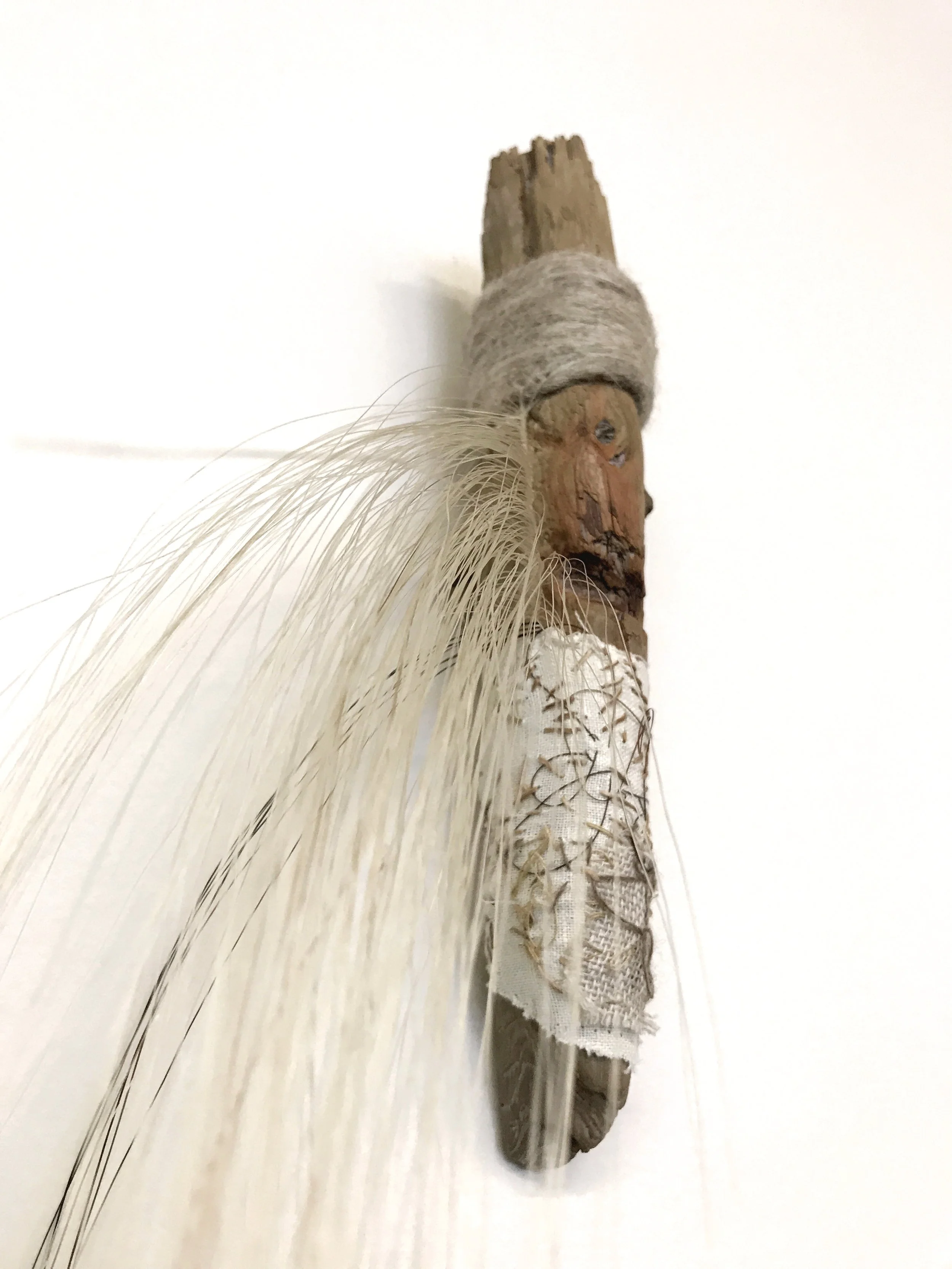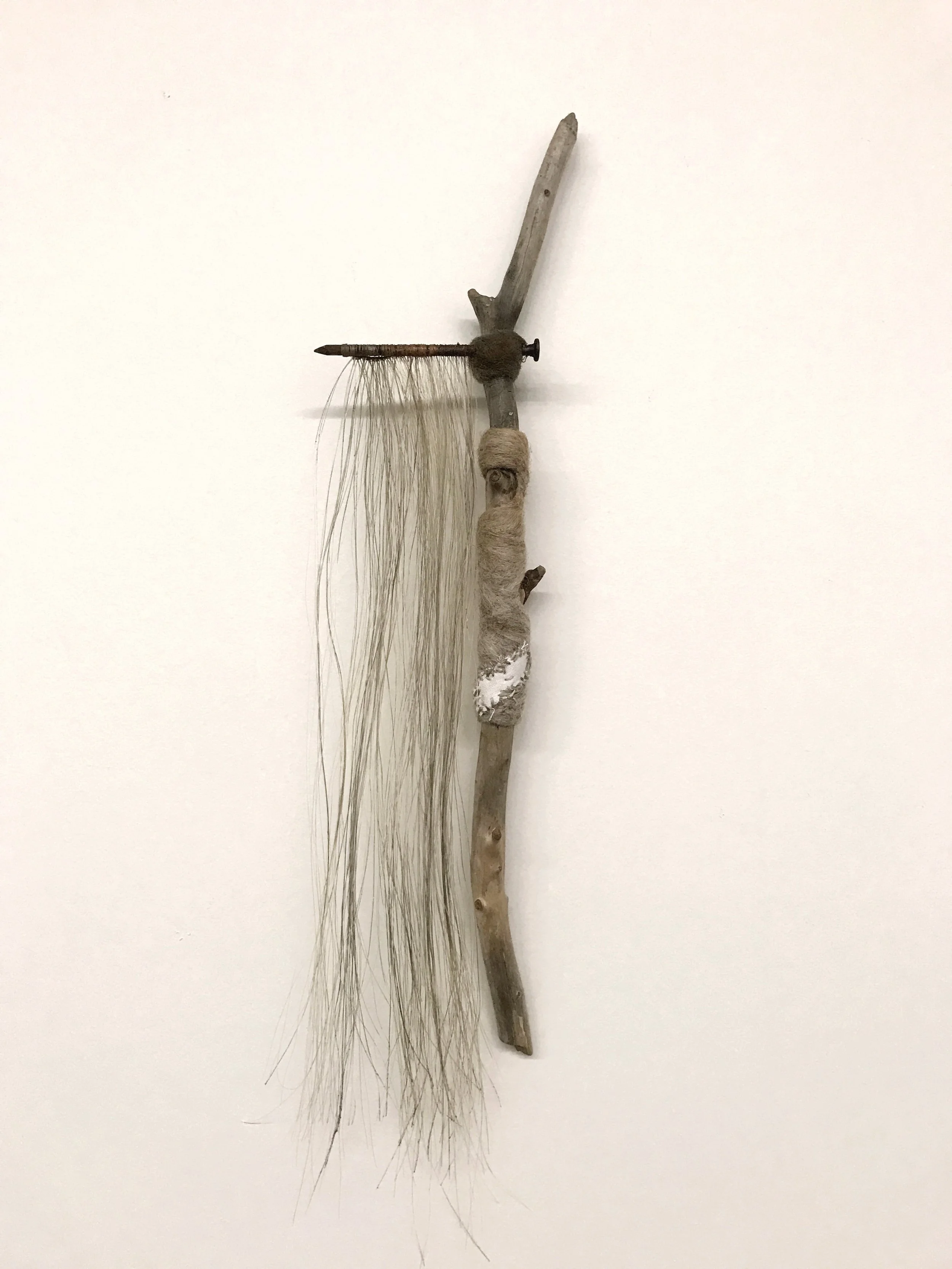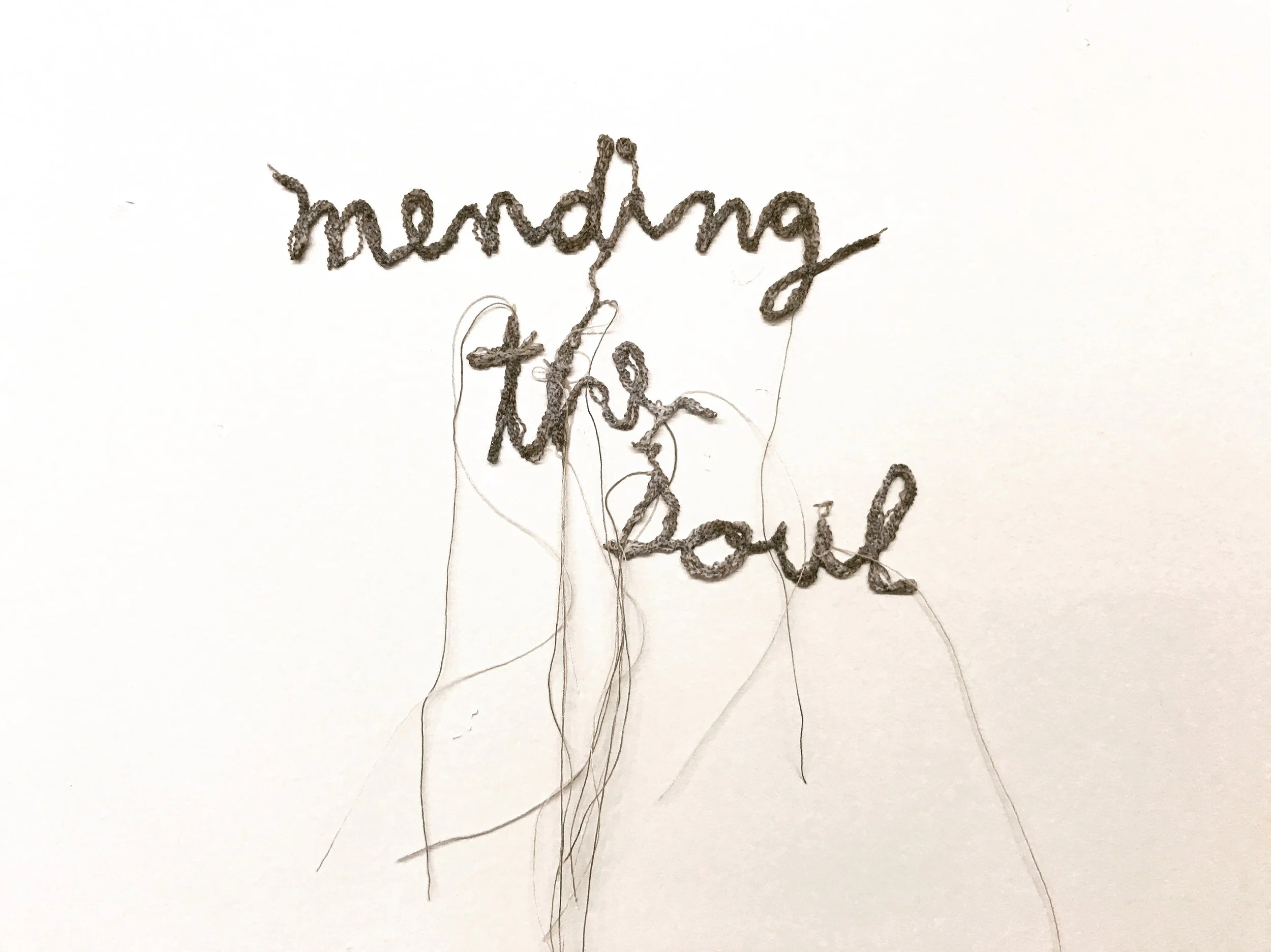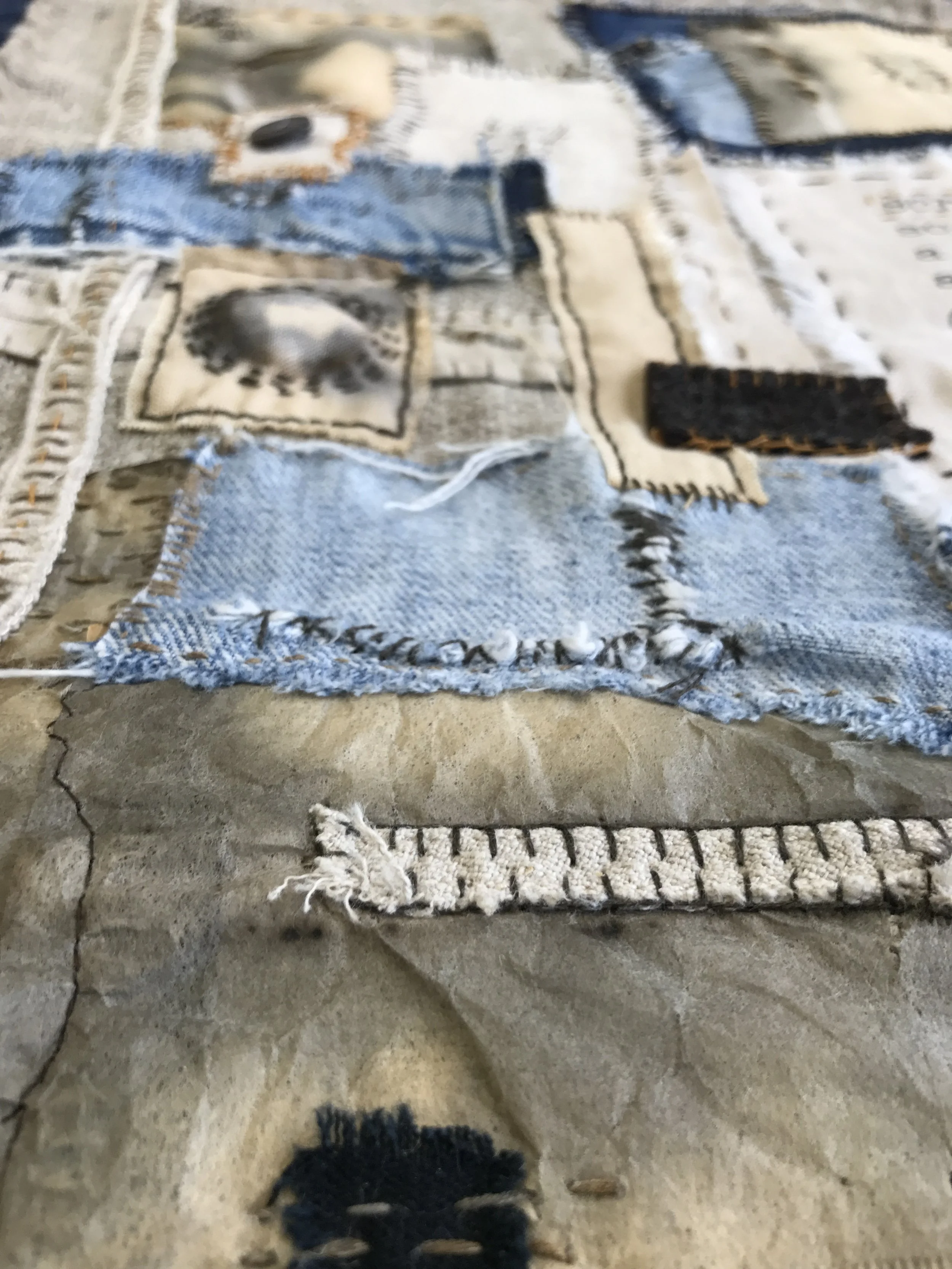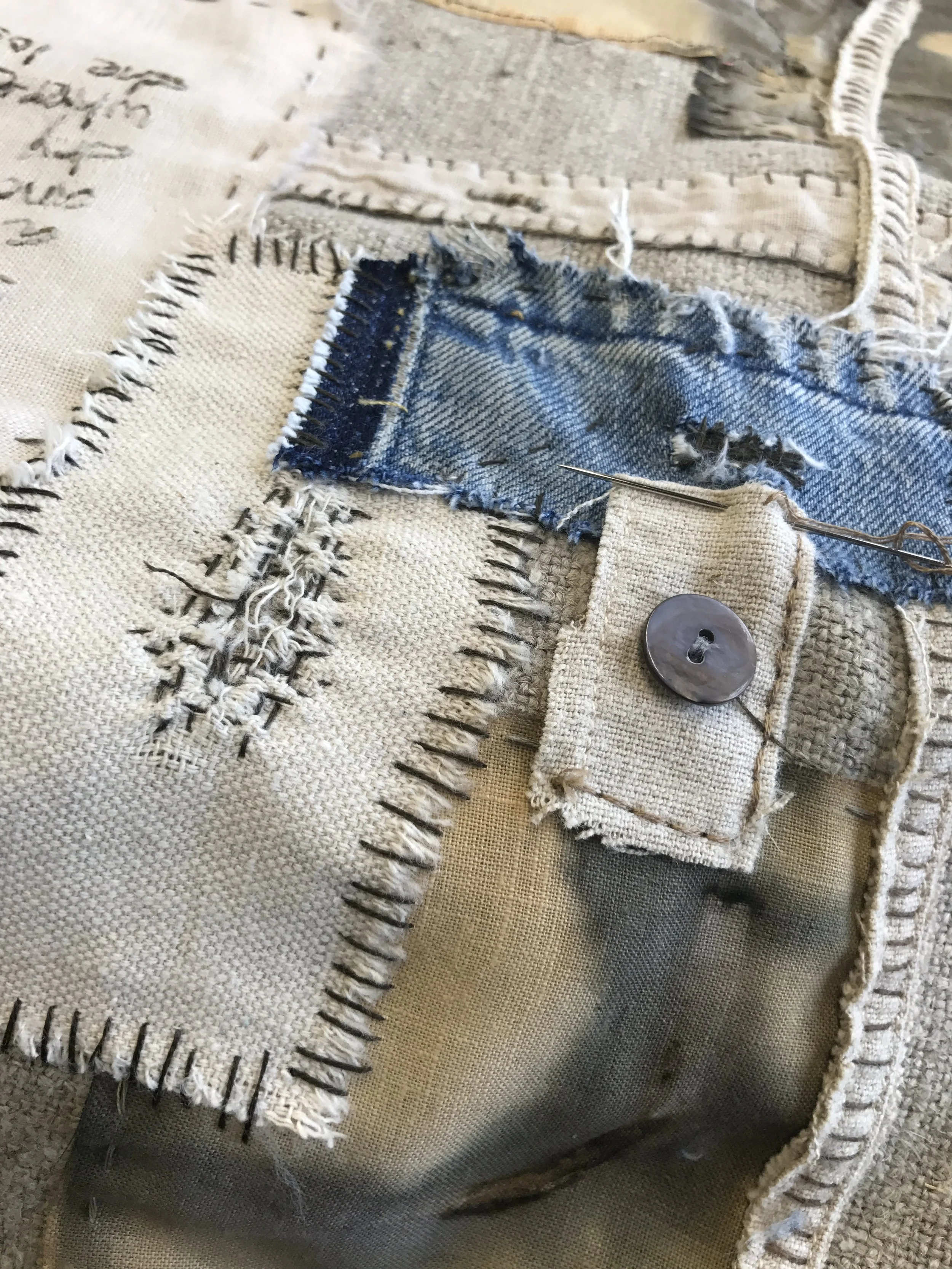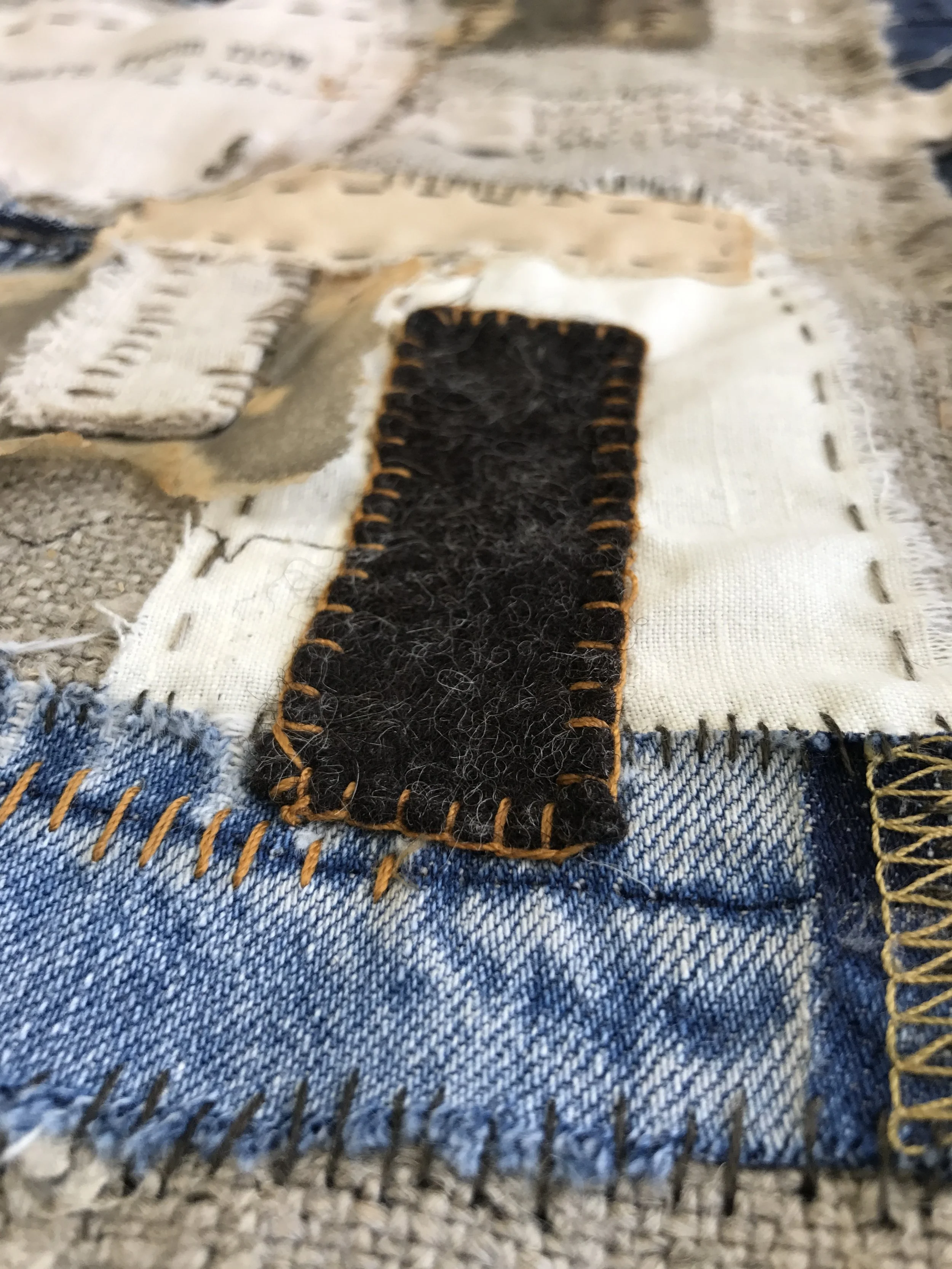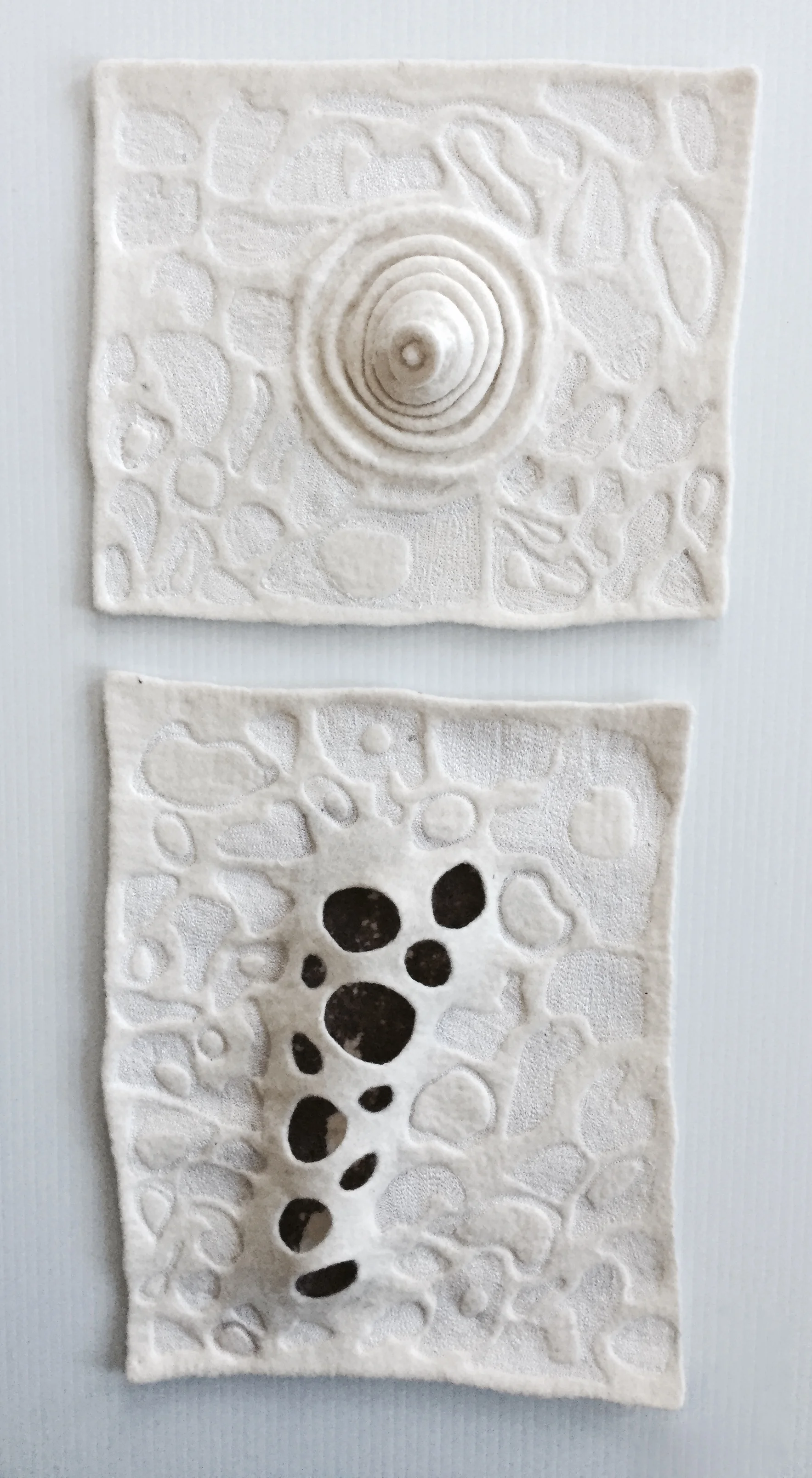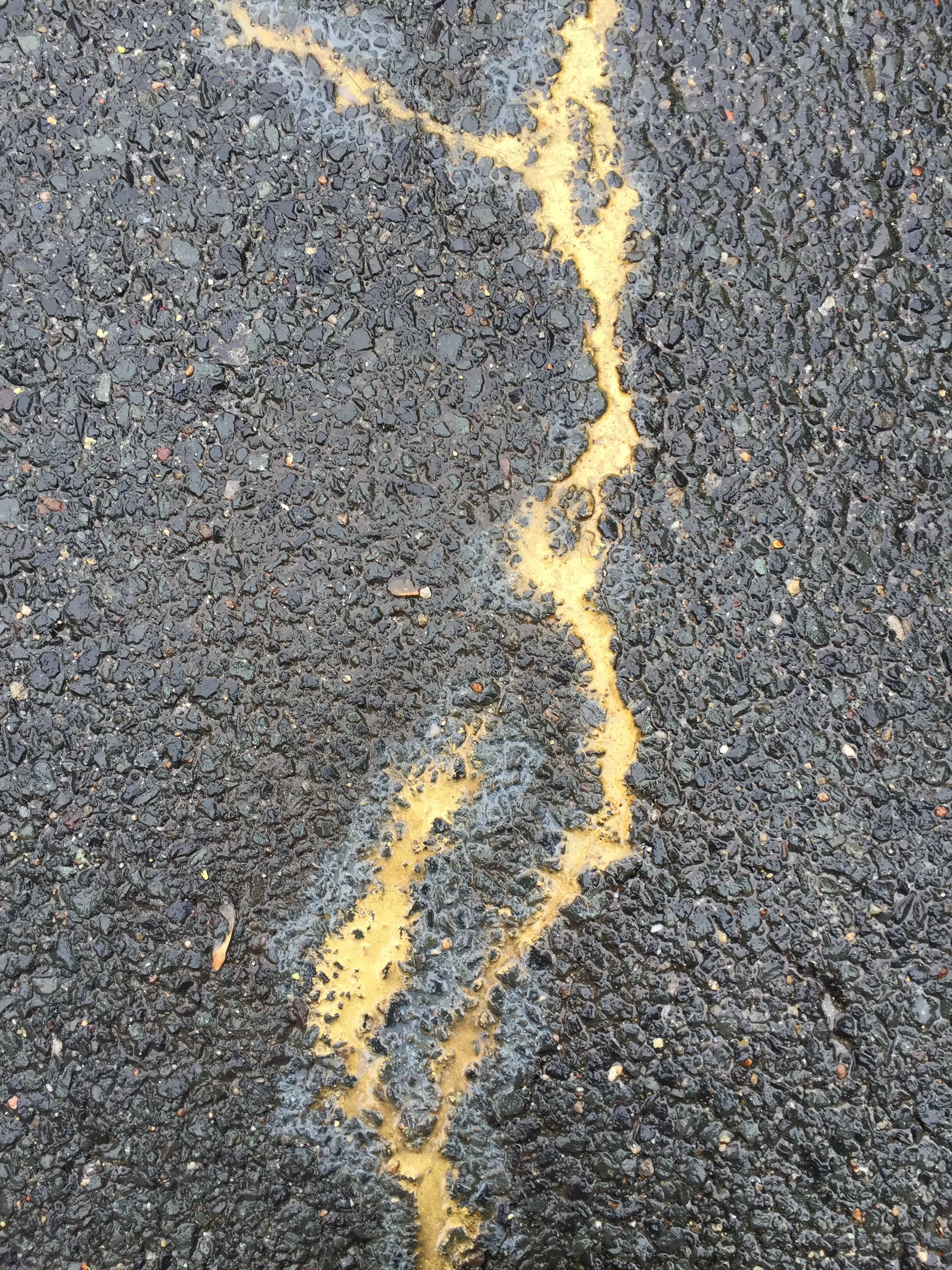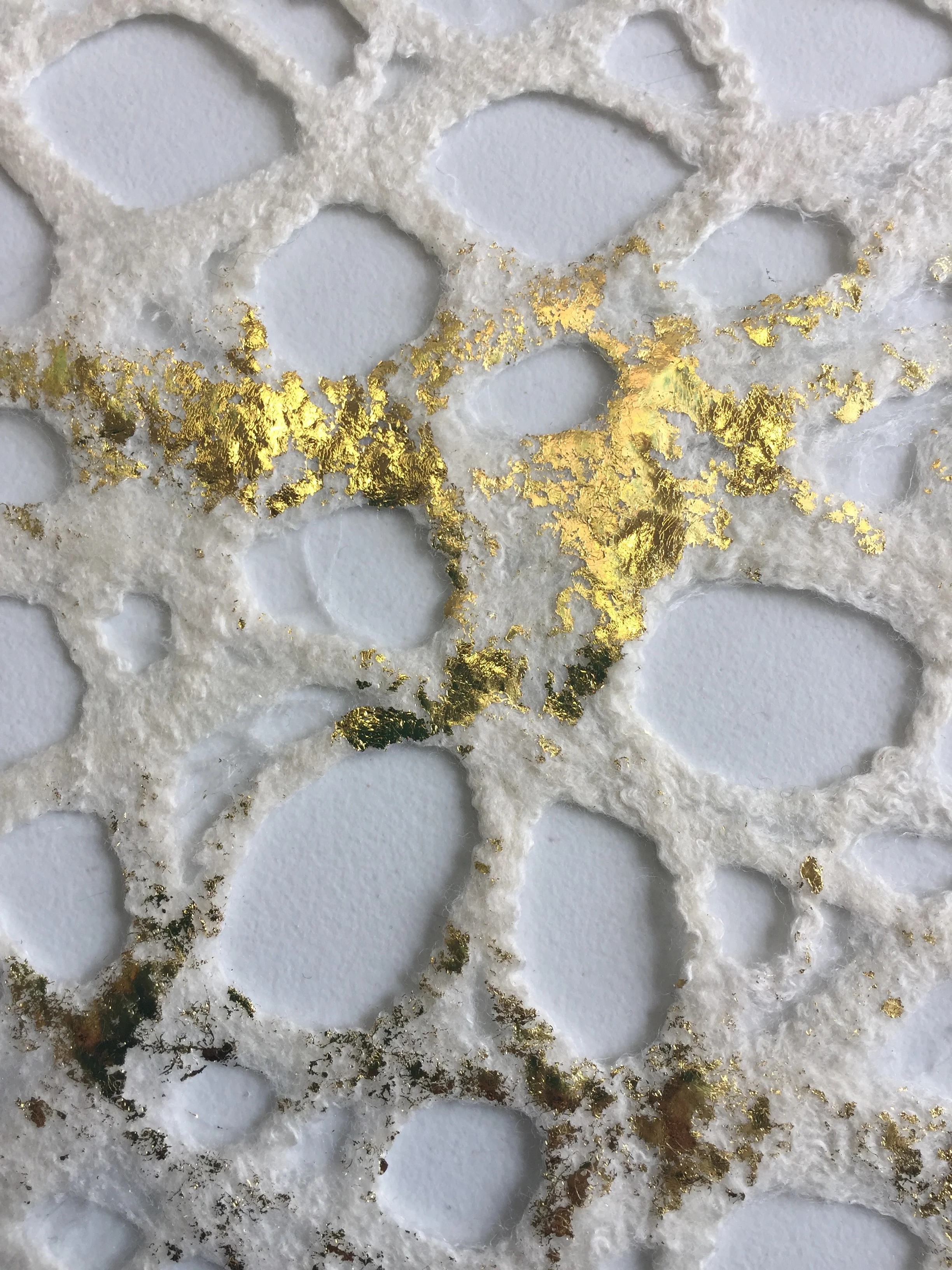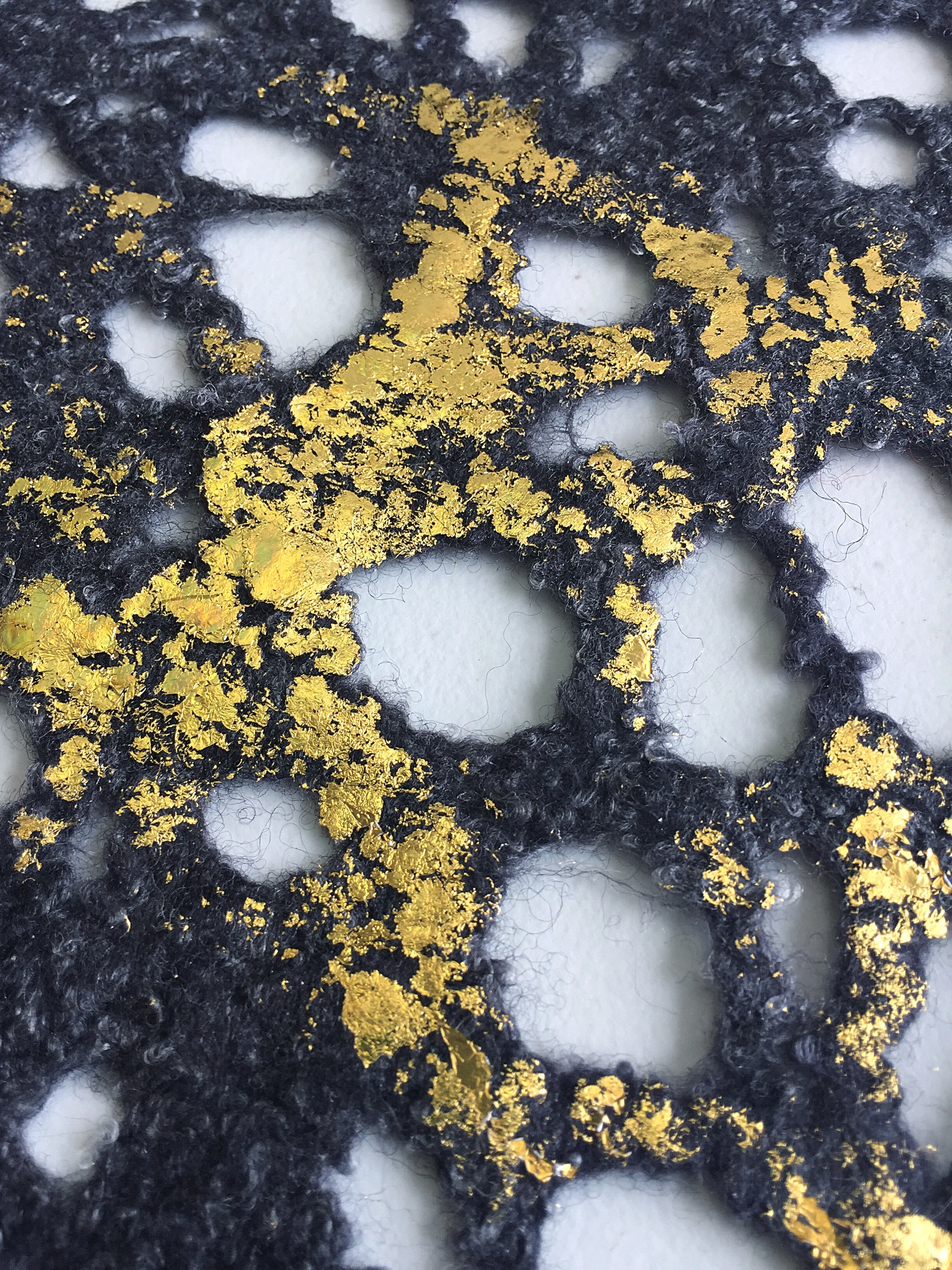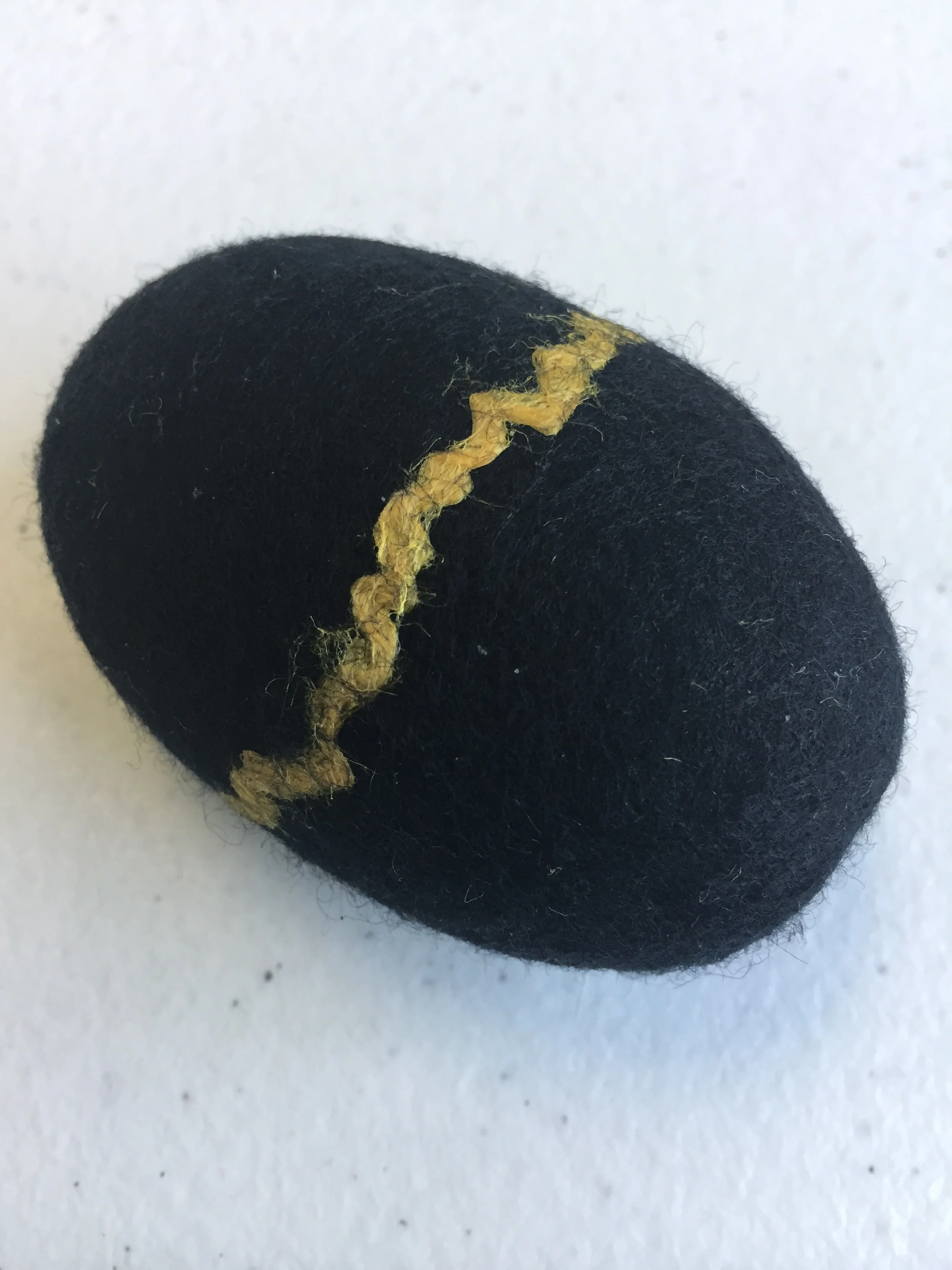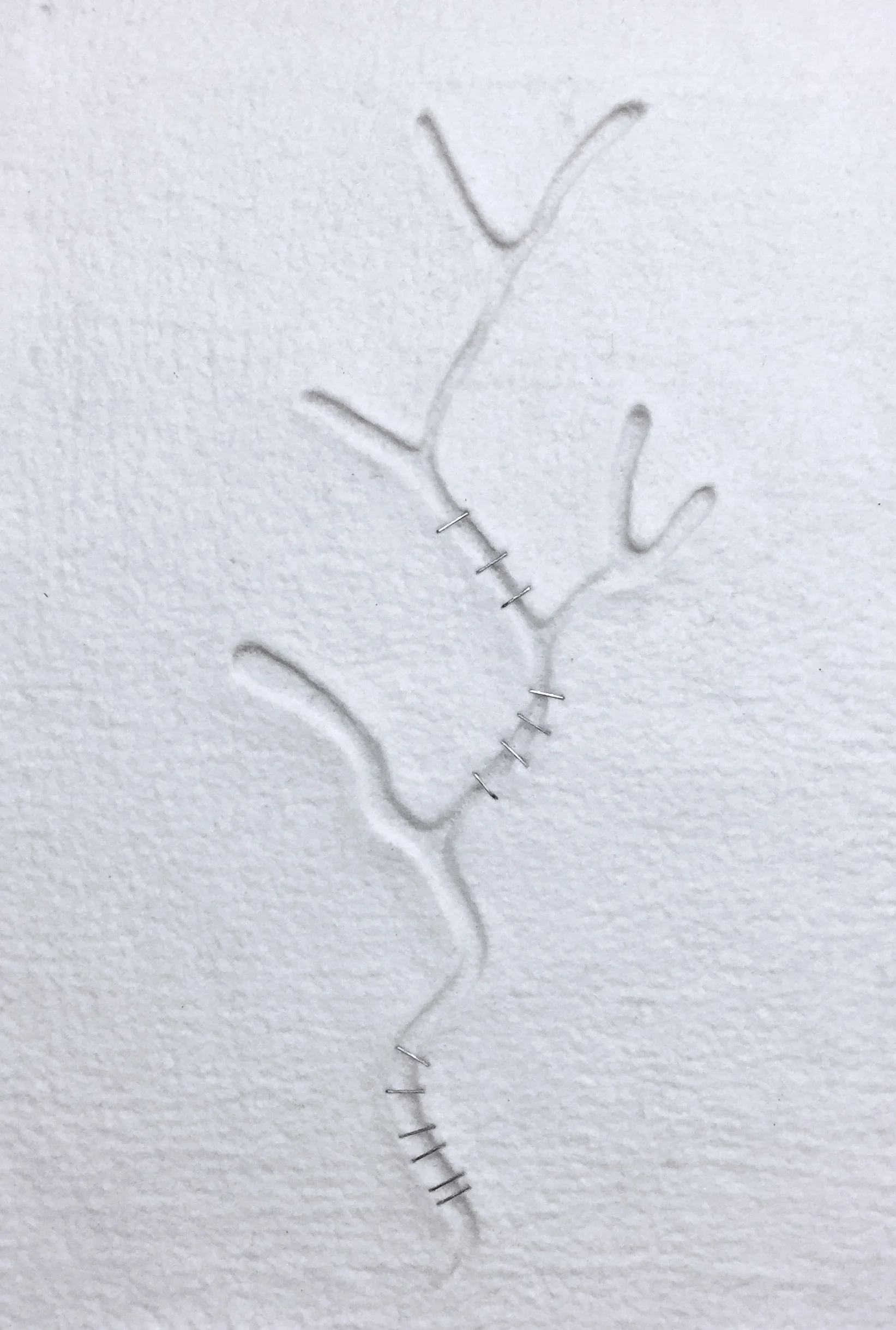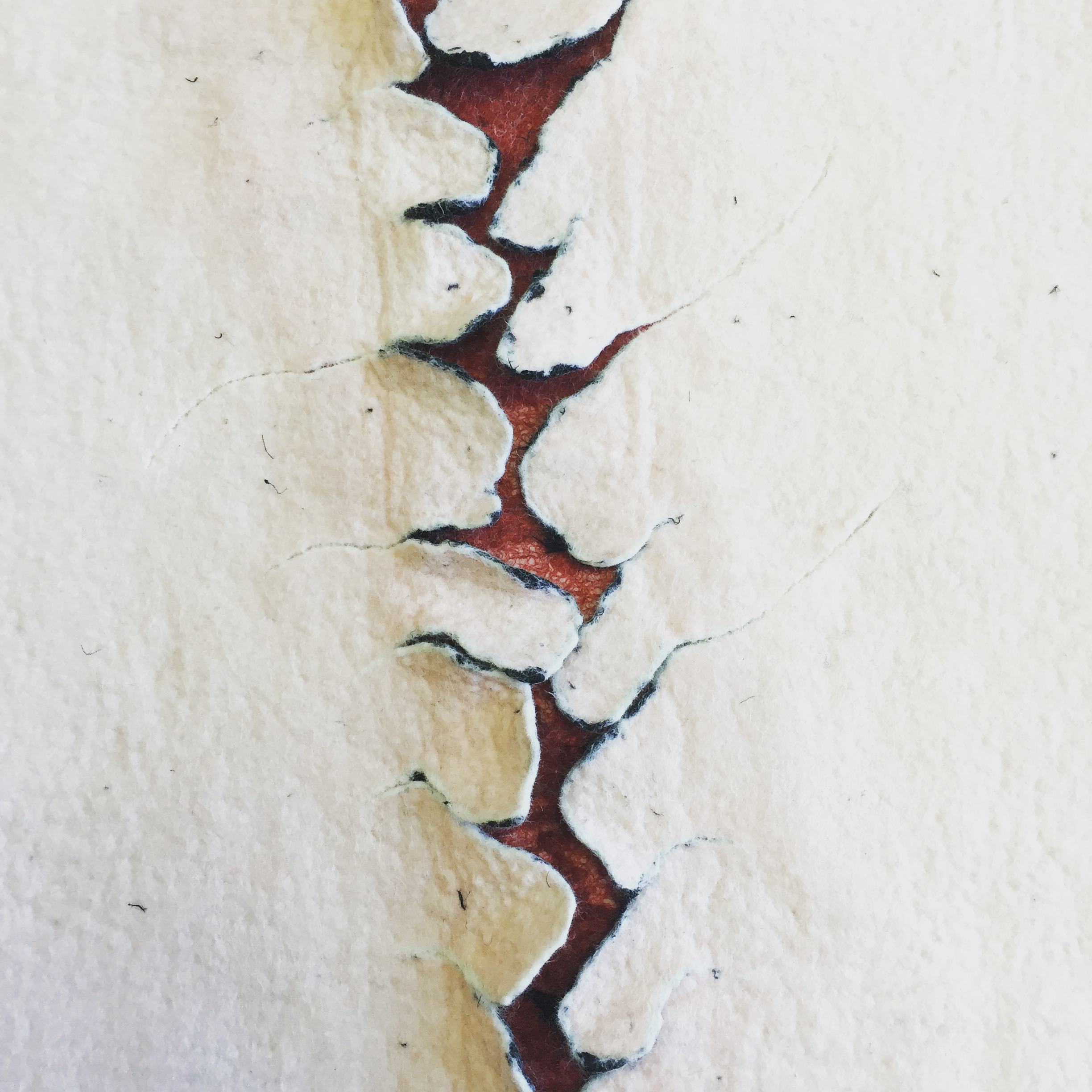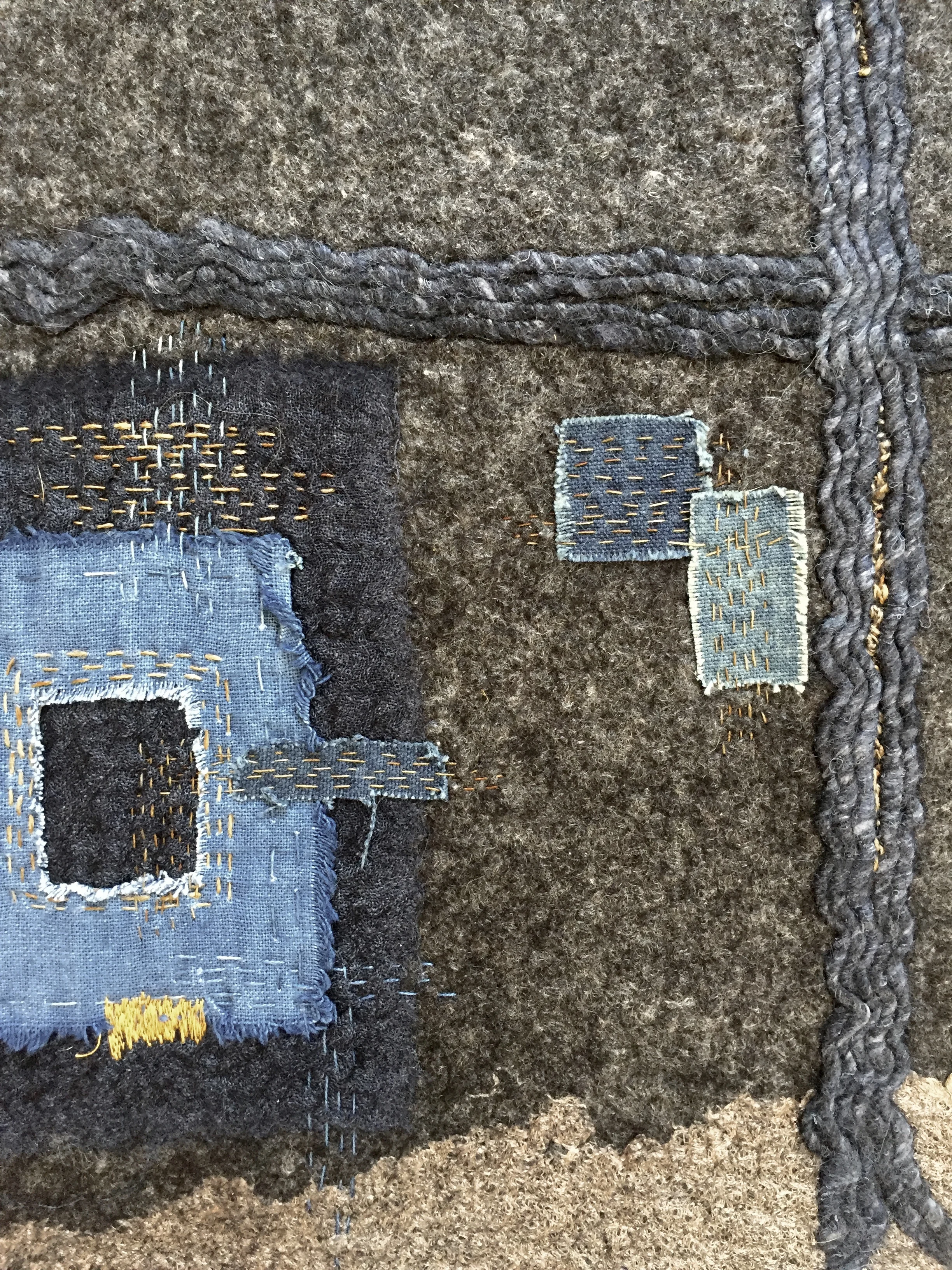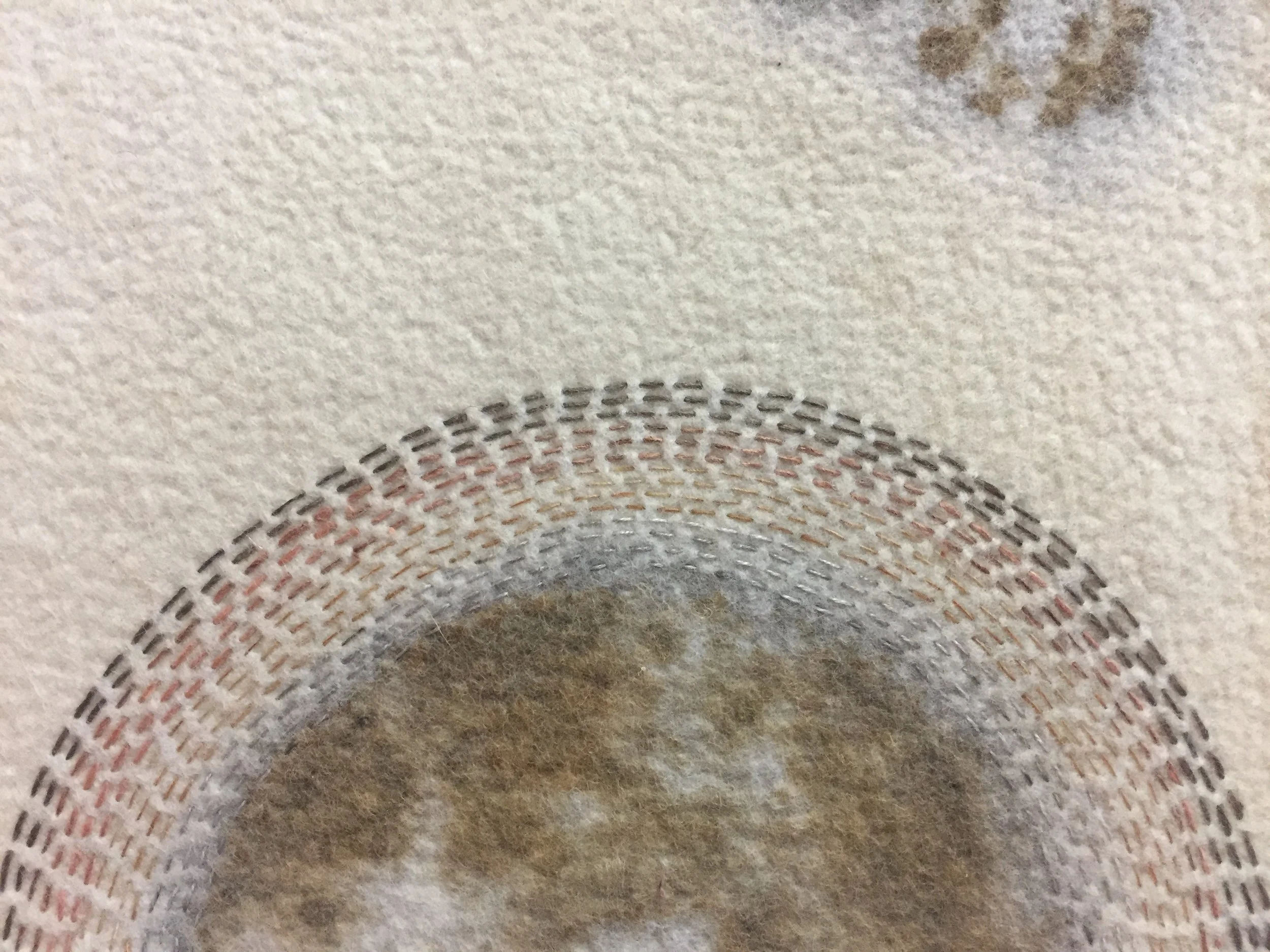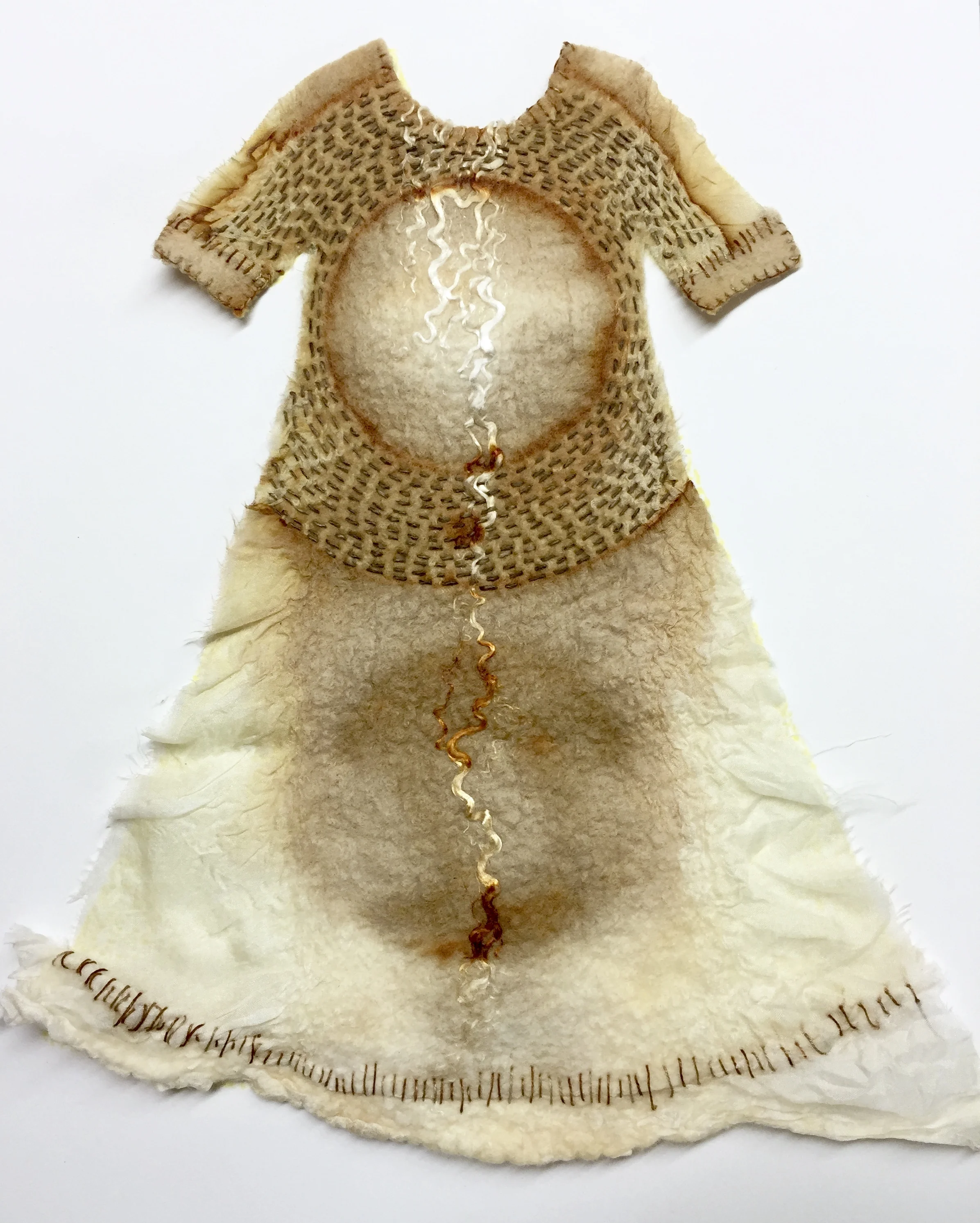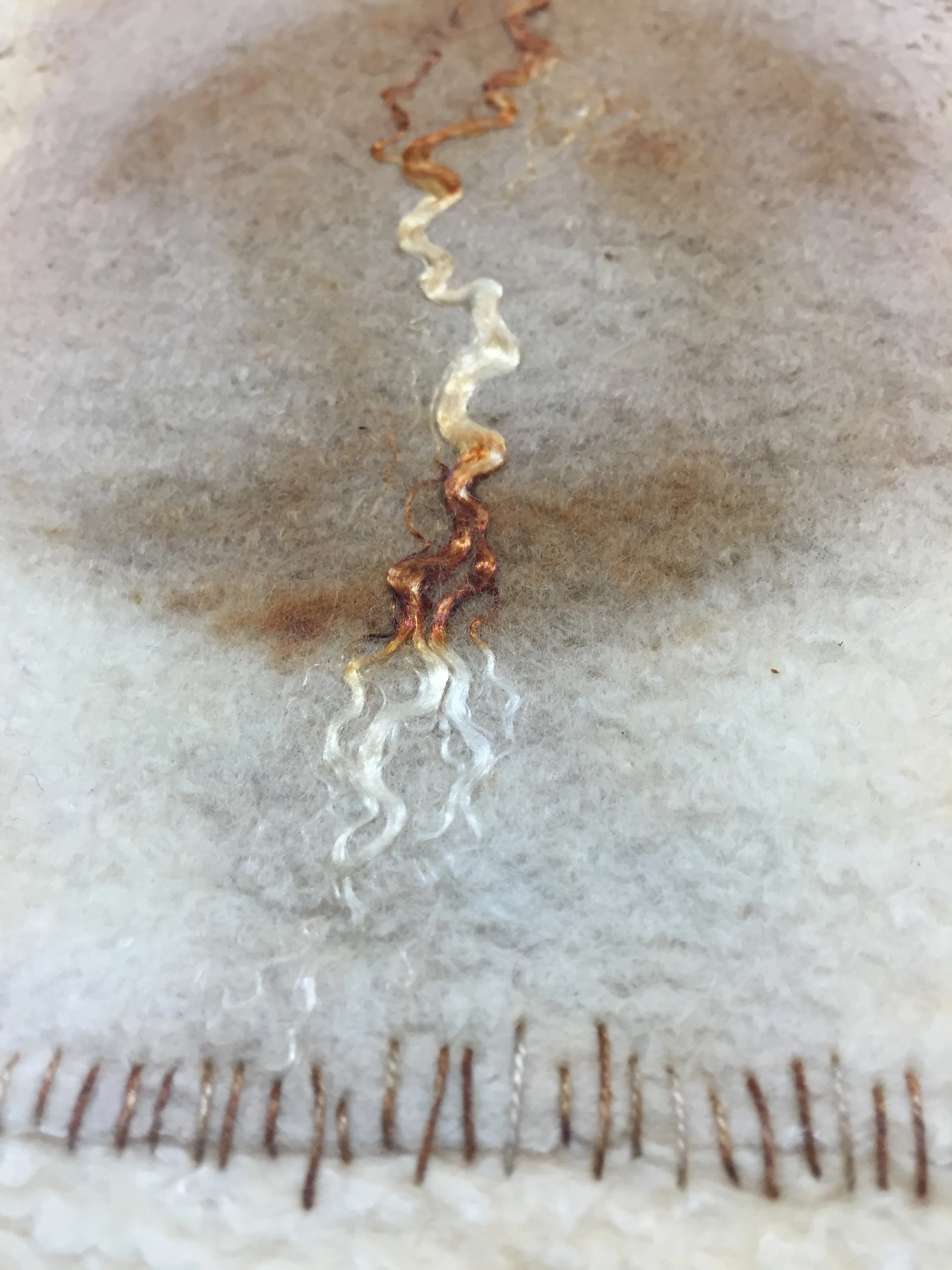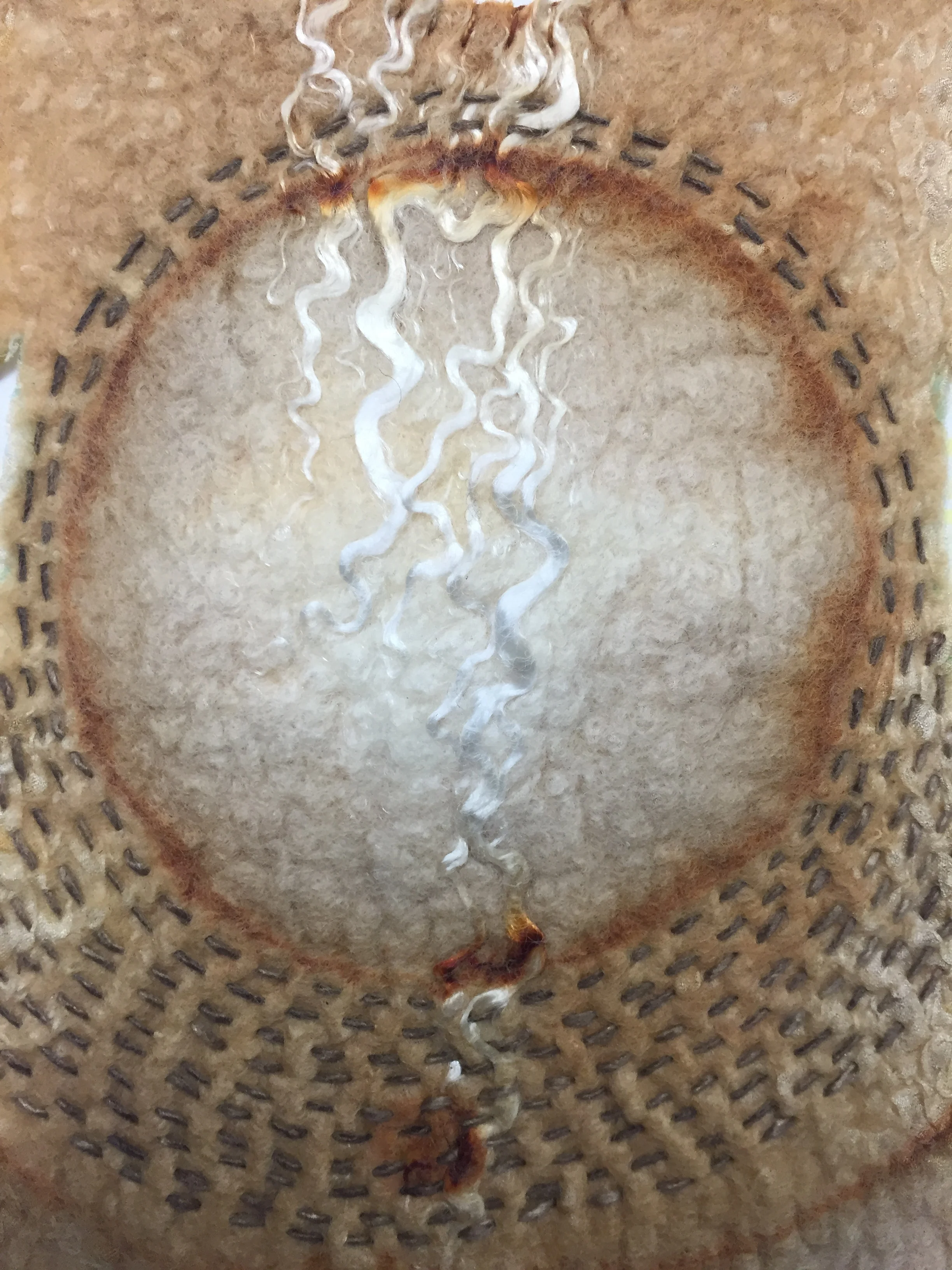I interviewed Vicky in November 2018. Before I met Vicky I had only learned from news reports how opioid addiction was affecting the country, but learning about Vicky's personal experience really opened my eyes to the urgency required to solve this problem. According to the Centers of Disease Control and Prevention, 47,600 opioid overdose deaths occurred in the United States in 2017. But despite these numbers, doctors throughout the country continued to prescribe common drugs such as oxycodone, fentanyl, methadone, codeine and morphine to treat common sports injuries in young people. All the information was there and still little was being done. I personally didn’t know the scope of this problem because I hadn’t yet known anybody dealing with this crisis, but when I met Vicky and learned of her experience with opioids, it became clear that this addiction affects both the individual suffering the ravages of addiction and the fabric of communities overall. Opioid addiction is a corrosive epidemic that leaves so many lives marked and scarred, summarized by Vicky in one sentence: “it could happen to anyone, so no one is immune to it.”
For Vicky, everything stared at the age of 19, when she injured her knee and her doctor just gave her pain medications after her surgery, the prescription for which continued for six additional months. Yet the only guidance she ever received was a brief warning that these pills could be addictive, and that she should be careful. After taking the pills for six months, the doctor cut off her prescription, and that was when the problem began. The opioids had already changed the chemistry of her brain and led to a drug tolerance. There was already a dependence, and she needed to increase the dose to achieve the same effect. Yet without additional prescriptions the only solution for her was to go to the streets to buy drugs illegally.
Vicky’s addiction lasted approximately four years. During that time, she lost too many important things to her: her son was taken away, she lost her job, she had no home, she lost many of her friends, and she lost herself. She was very afraid to come forward due to the stigma associated with addiction. But she came forward and then found the support she needed the most - her family - and together they moved forward on her path to recovery. She was in treatment for nine months, and gained a lot back after her recovery. Another powerful quote from Vicky during our interview that demonstrates her resilience and helped guide the concept for this installation: “In addiction I lost everything, and in recovery I gained it all back, and more."









